German
Term 3 2025

German
Term 3 2025
“Herzlich willkommen zurück!" (Welcome back) for Term 3.
Please find below a brief reflection on our learning in Term 2 followed by an overview of the topics that we are learning about this term, by year level.
Foundation
In Foundation, we had a very enjoyable and successful term learning more about German language and culture with Herr Chronopoulos during Term 2. We continued to practise common greetings such as ‘Good morning/day', 'Hello' and 'Bye' each week and the introduction 'My name is...'. The children learnt to count from 1 to 5 and the names for colours in German. We had lots of fun practising these through catchy songs, The Very Hungry Caterpillar and a range of games and activities. While there was a focus on oral language, our learning activities support broader literacy and numeracy skills as well as children's social capabilities and intercultural understanding. We hope you enjoyed some renditions of our regular songs at home!
This term, the children will be learning vocabulary related to their classroom and the people and objects in it. They will explore how to describe objects using basic adjectives and practice this alongside their knowledge of German colours and numbers using simple language structures, games and activity sheets. Songs, rhymes and videos will be used to help the children to acquire new sounds and words. This week, we are also celebrating ‘100 Tagen in der Schule’ in our German classes - herzlichen Glückwunsch an unseren Studienanfänger (congratulations to all our Foundation students)!
Year 1 and 2
Last term, our junior school students were introduced to the names for core family members in German and practised language patterns for 'Who is that?/That is…’. They learnt how to introduce others by name and practised introducing themselves, classmates and their family members. We shared information about our own and different family groupings and the children created some colourful family pictures and puppets, which they labelled in German. Hopefully they will share their craft-works and knowledge with you at home.
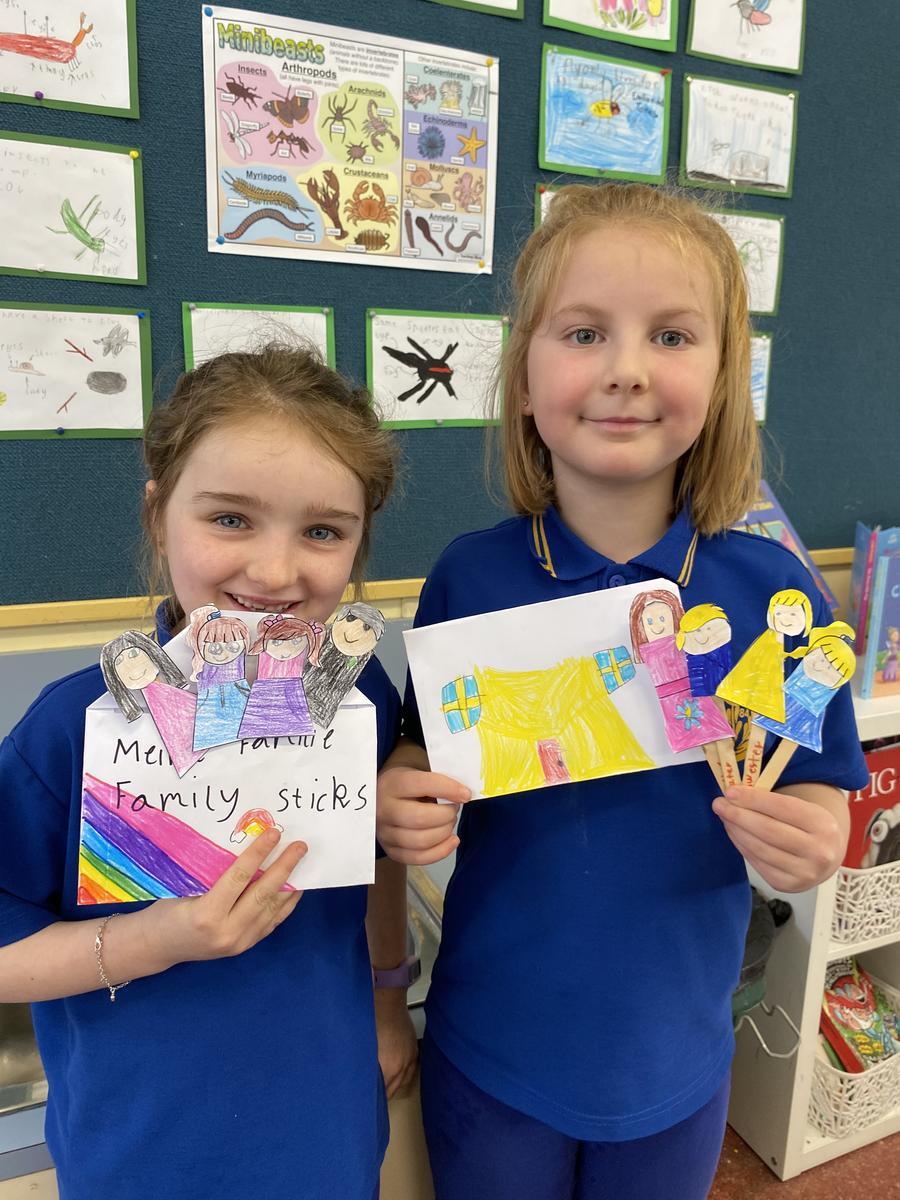
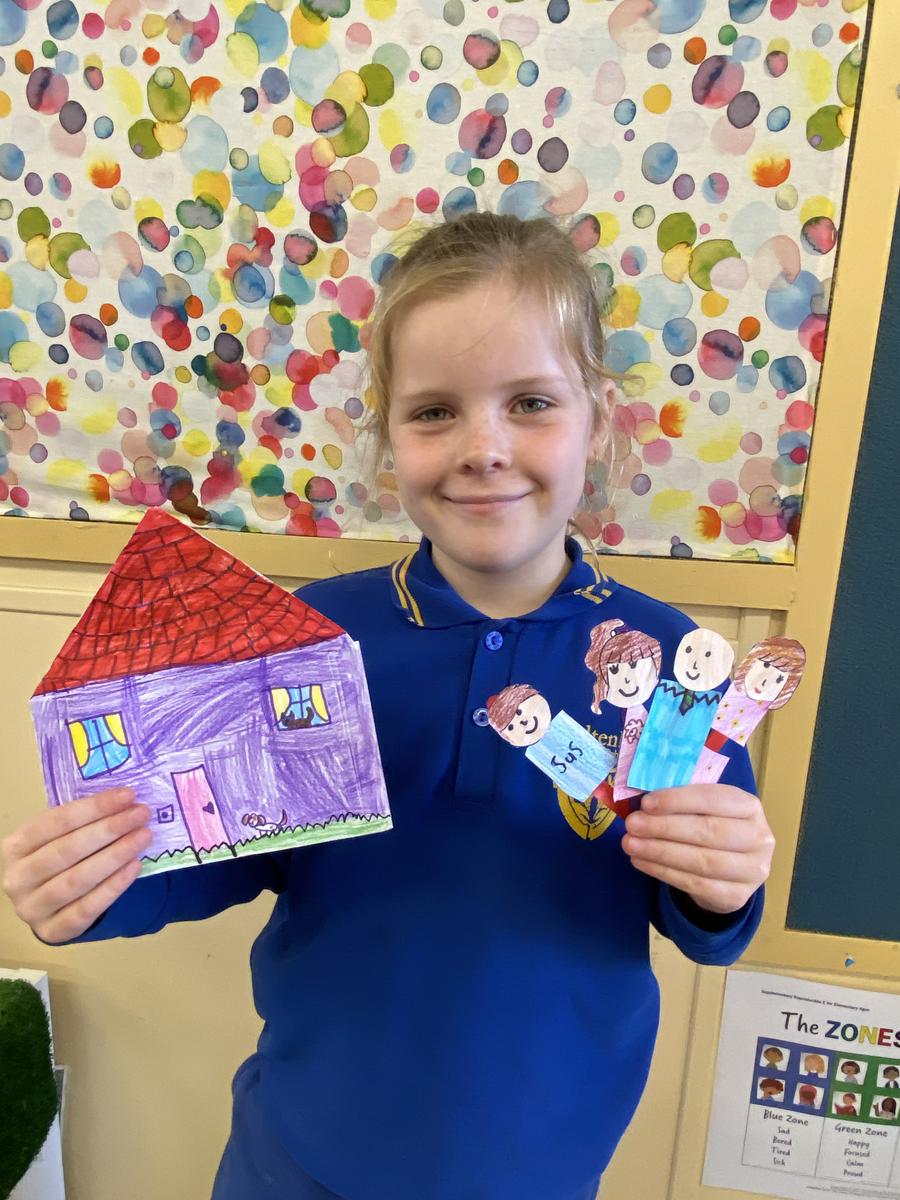
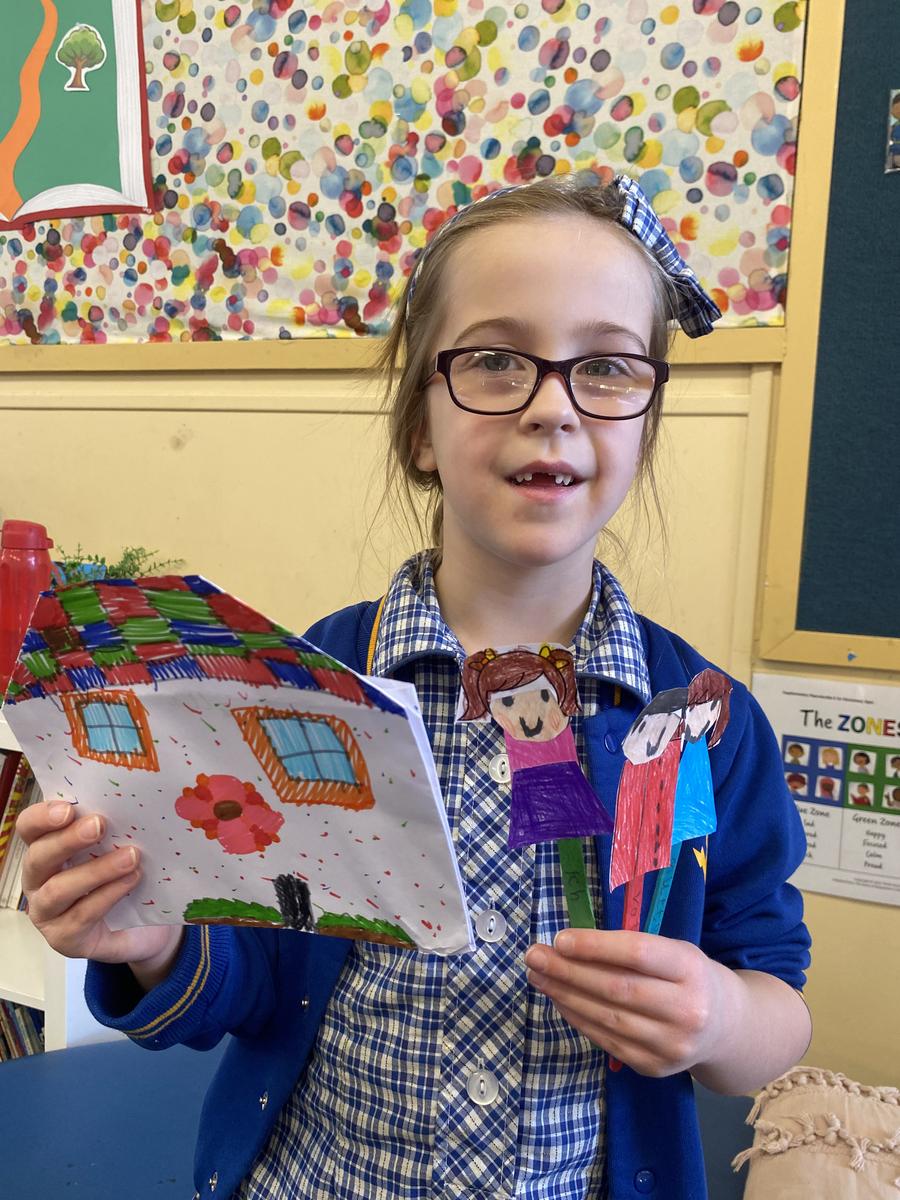
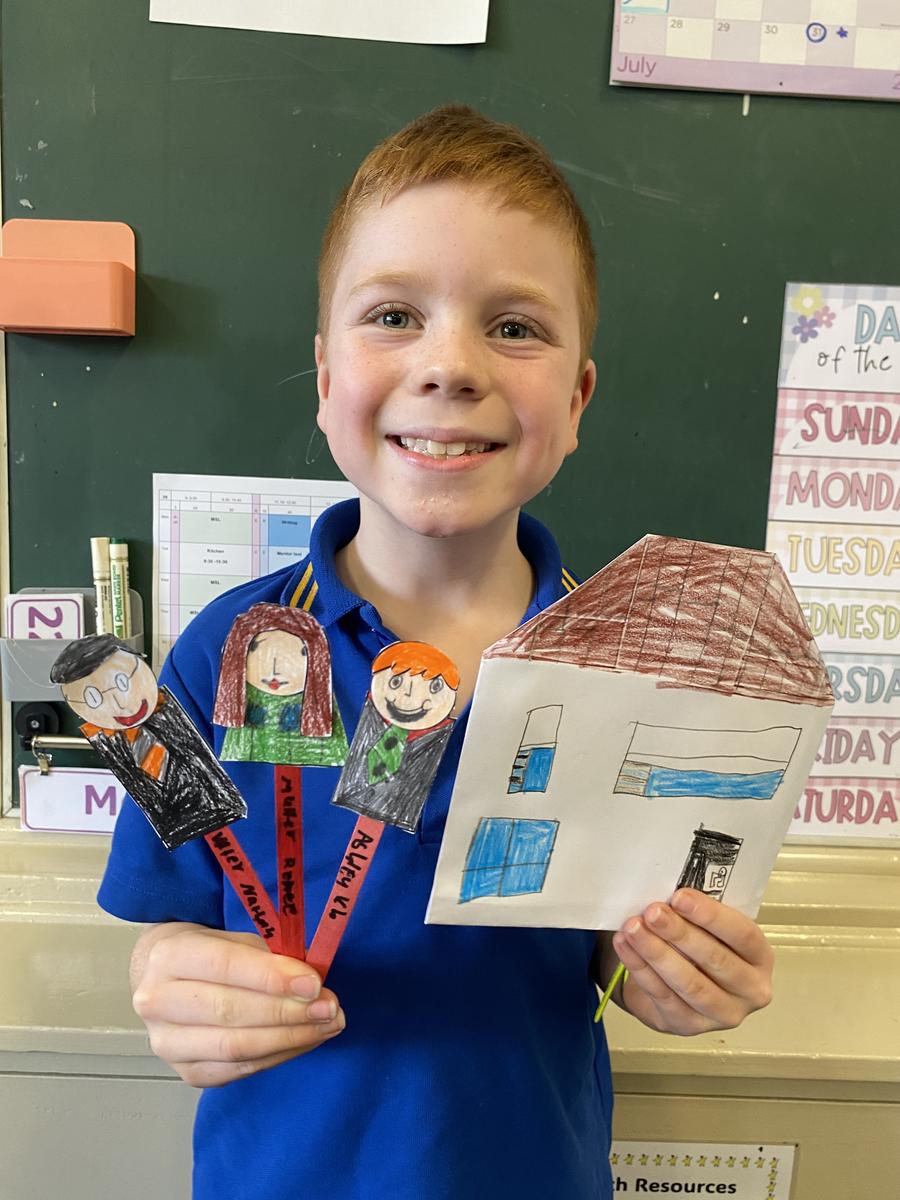
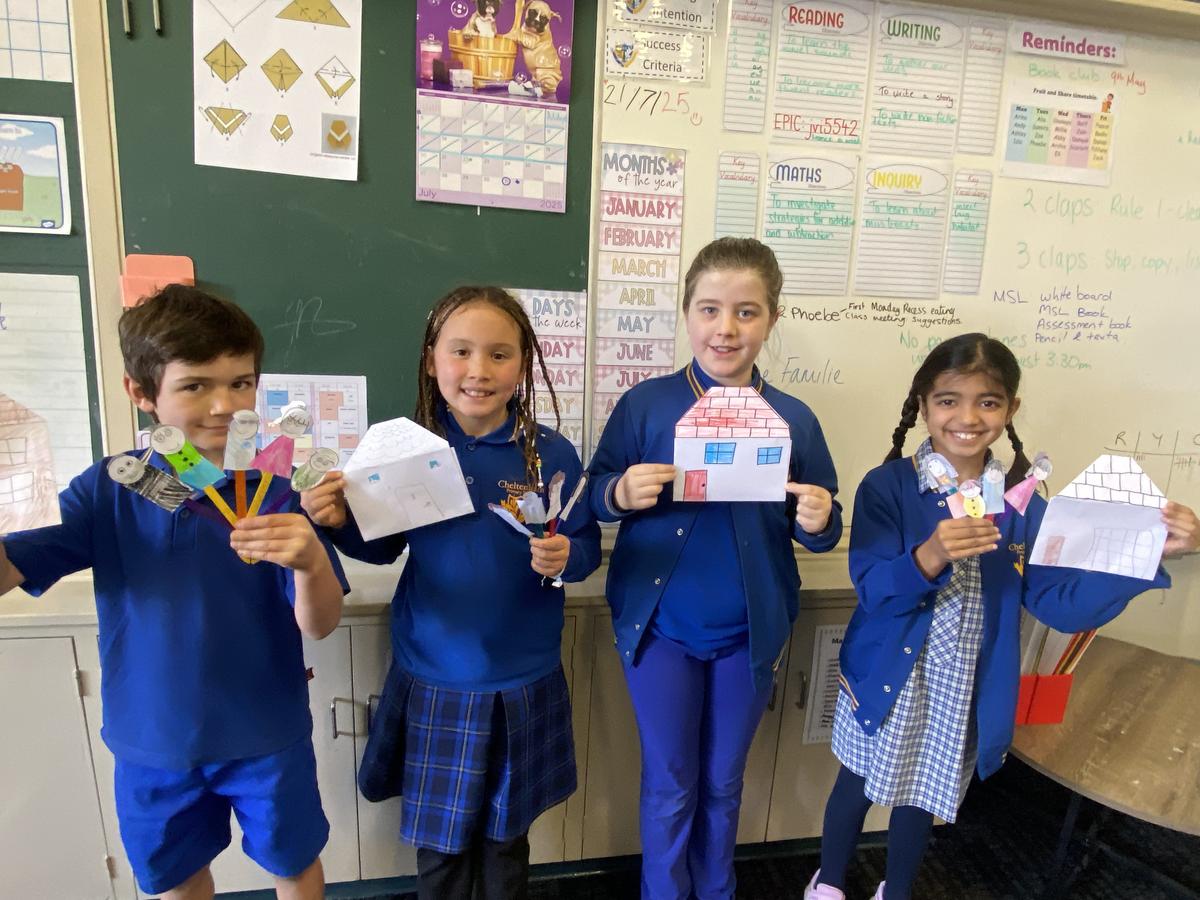
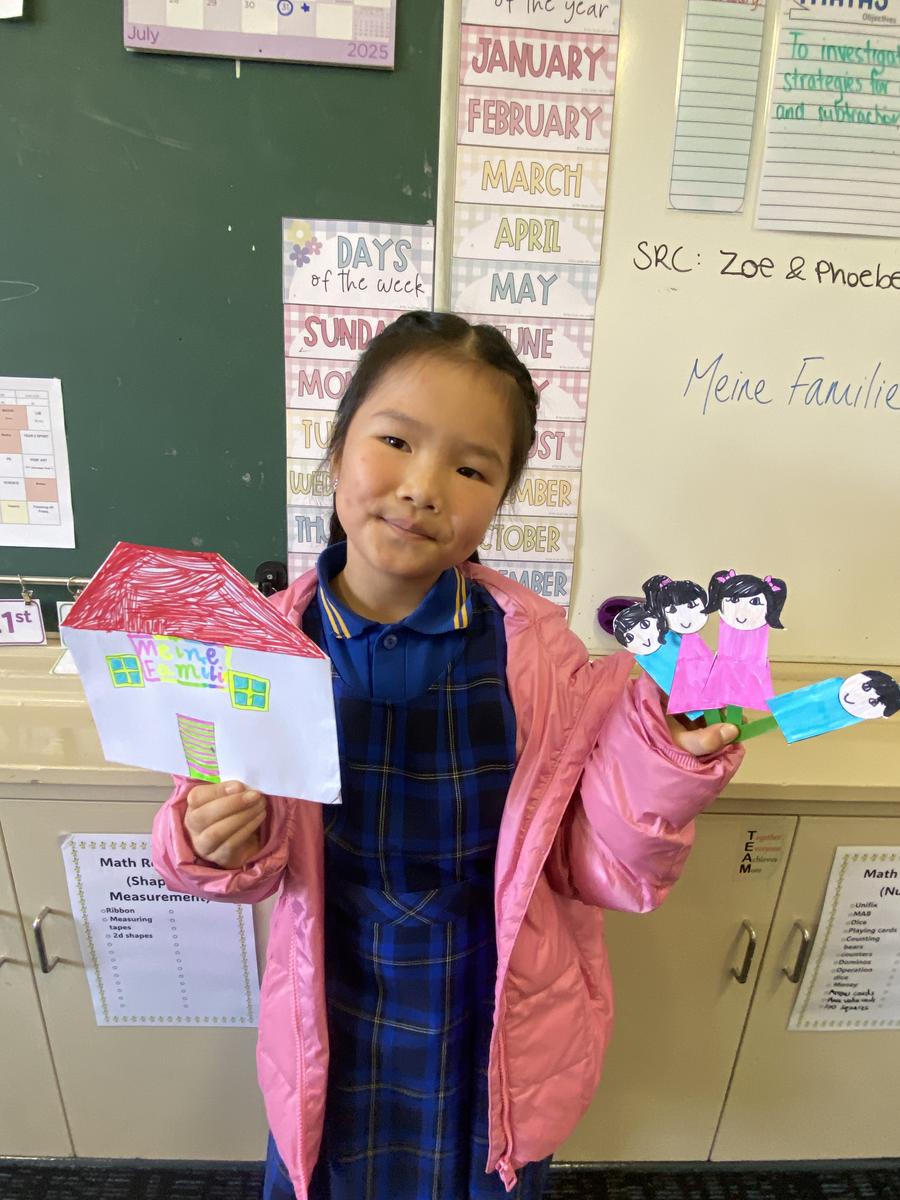
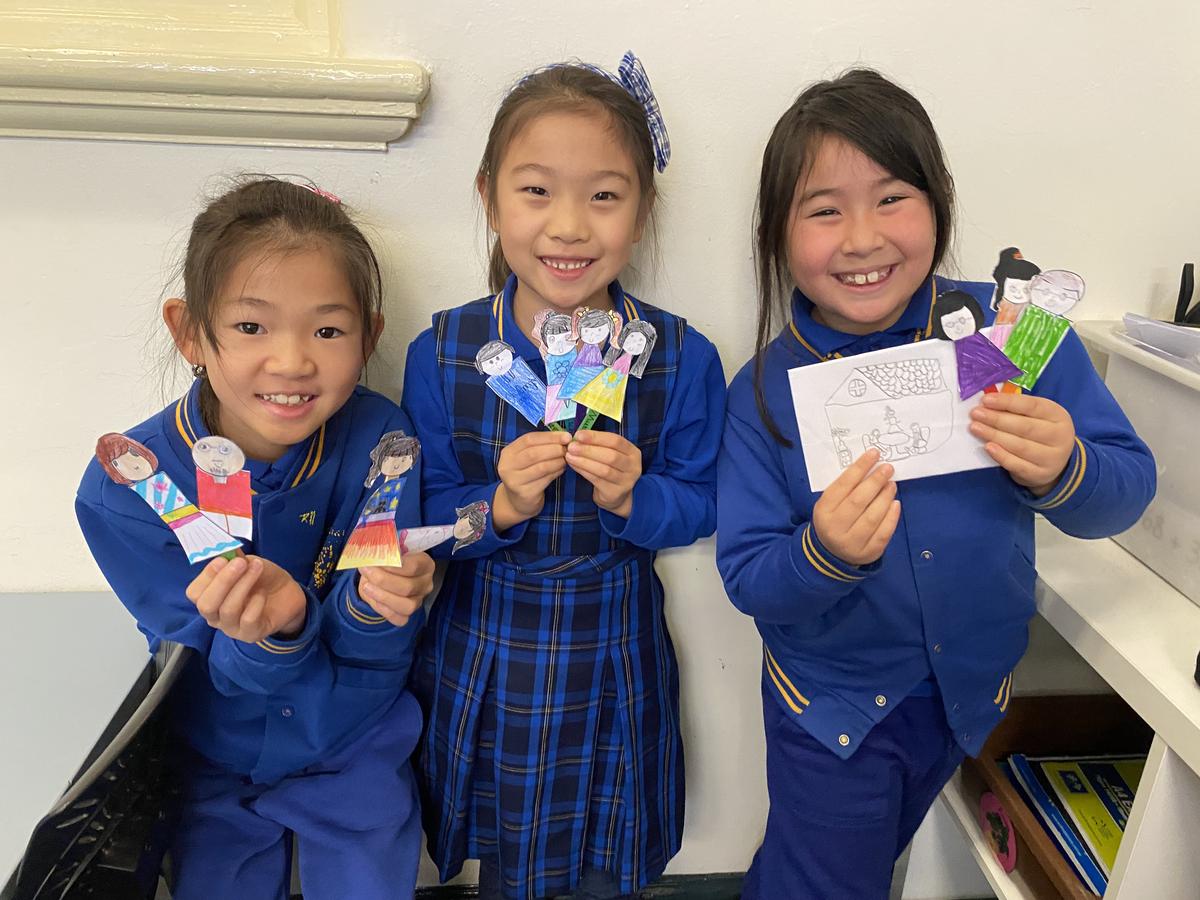
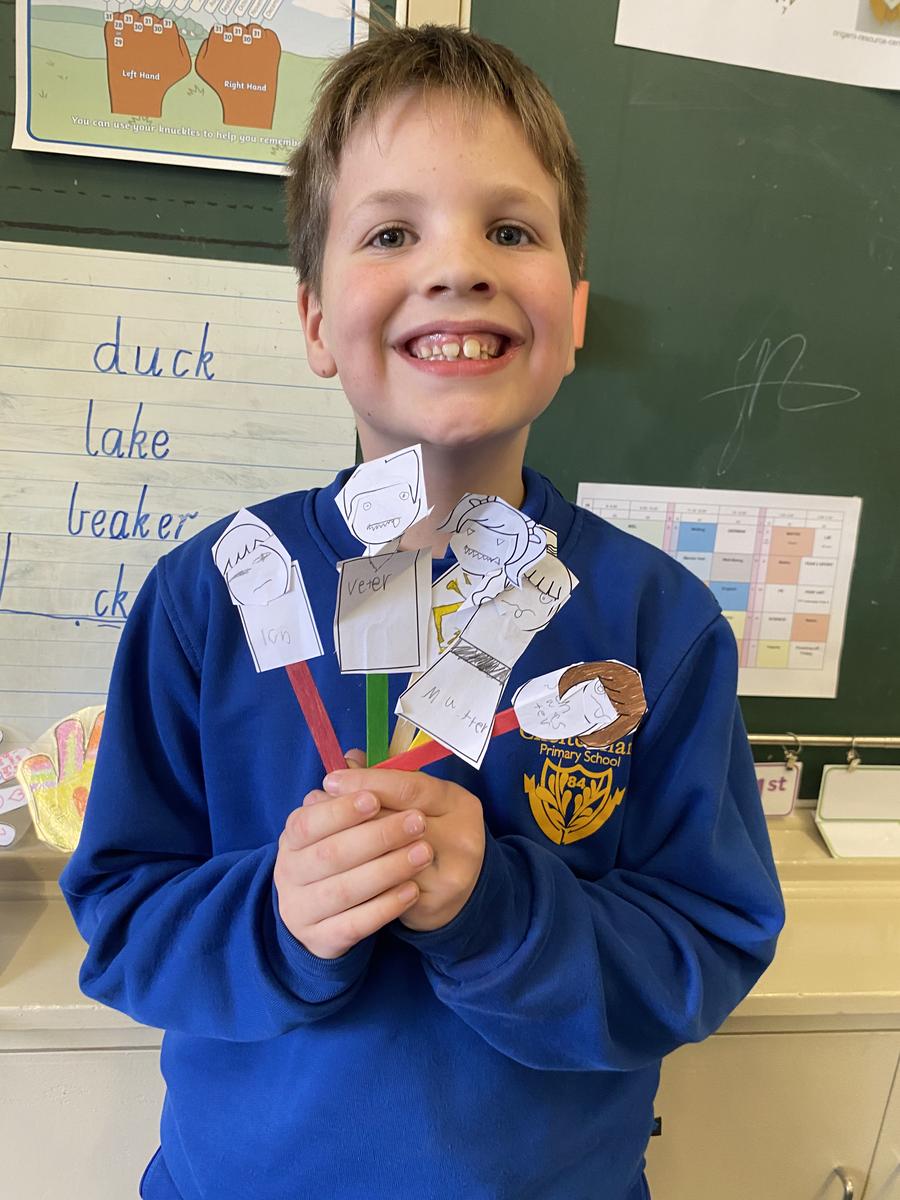
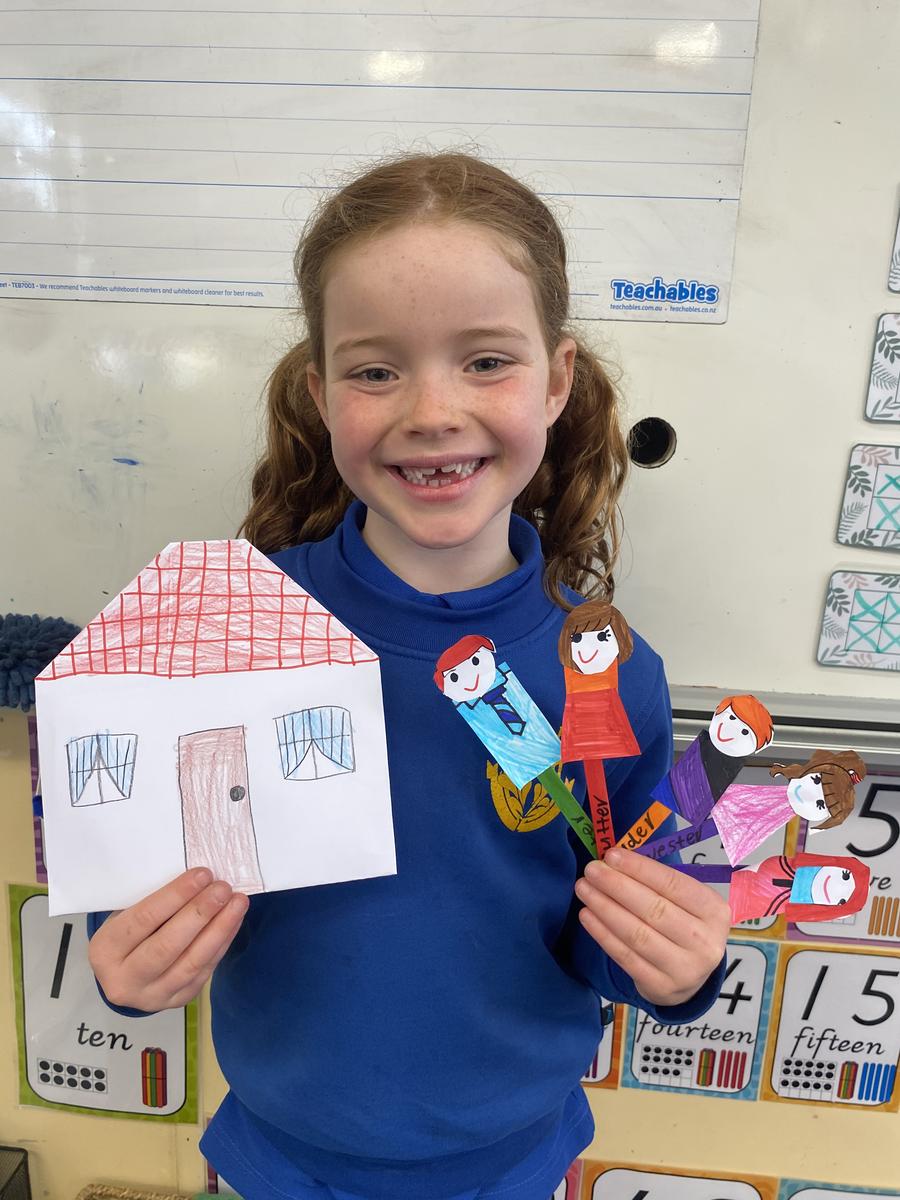
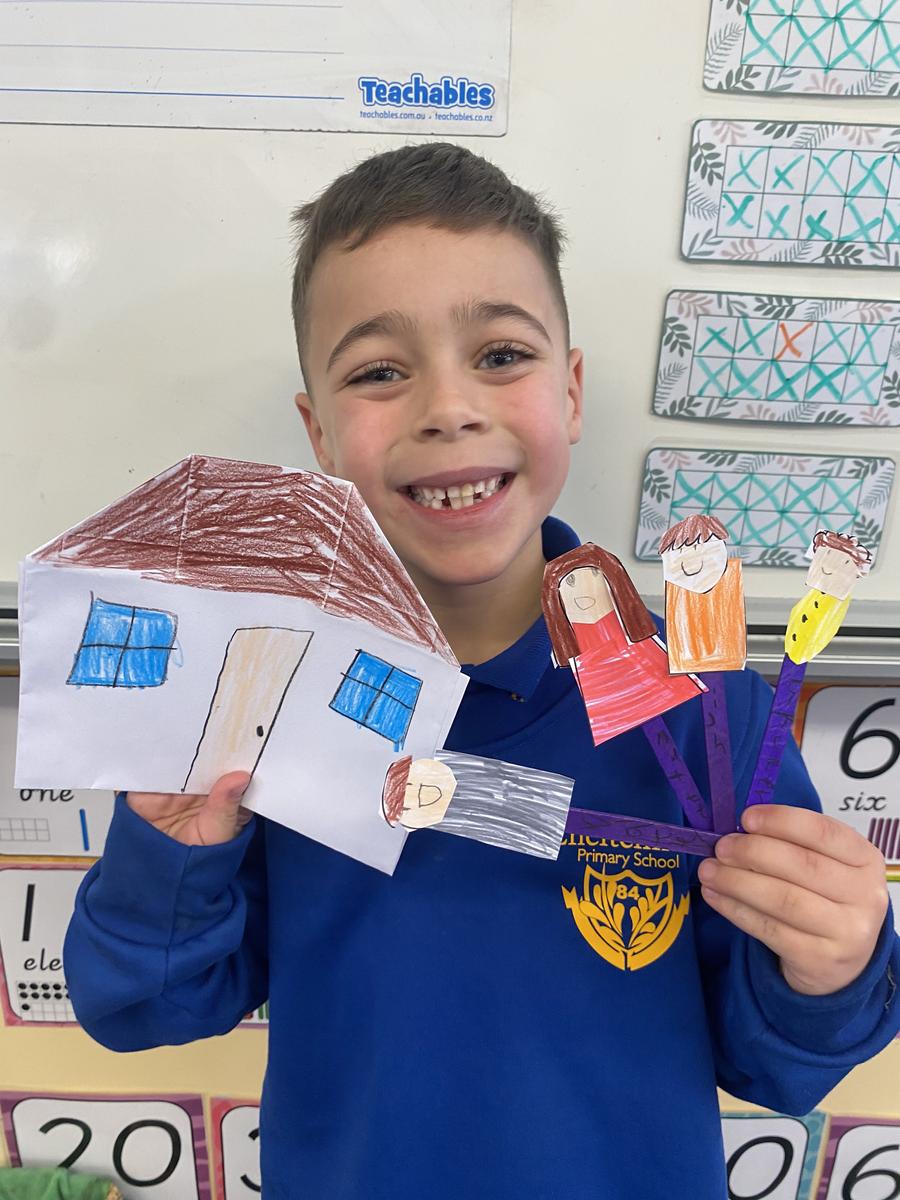
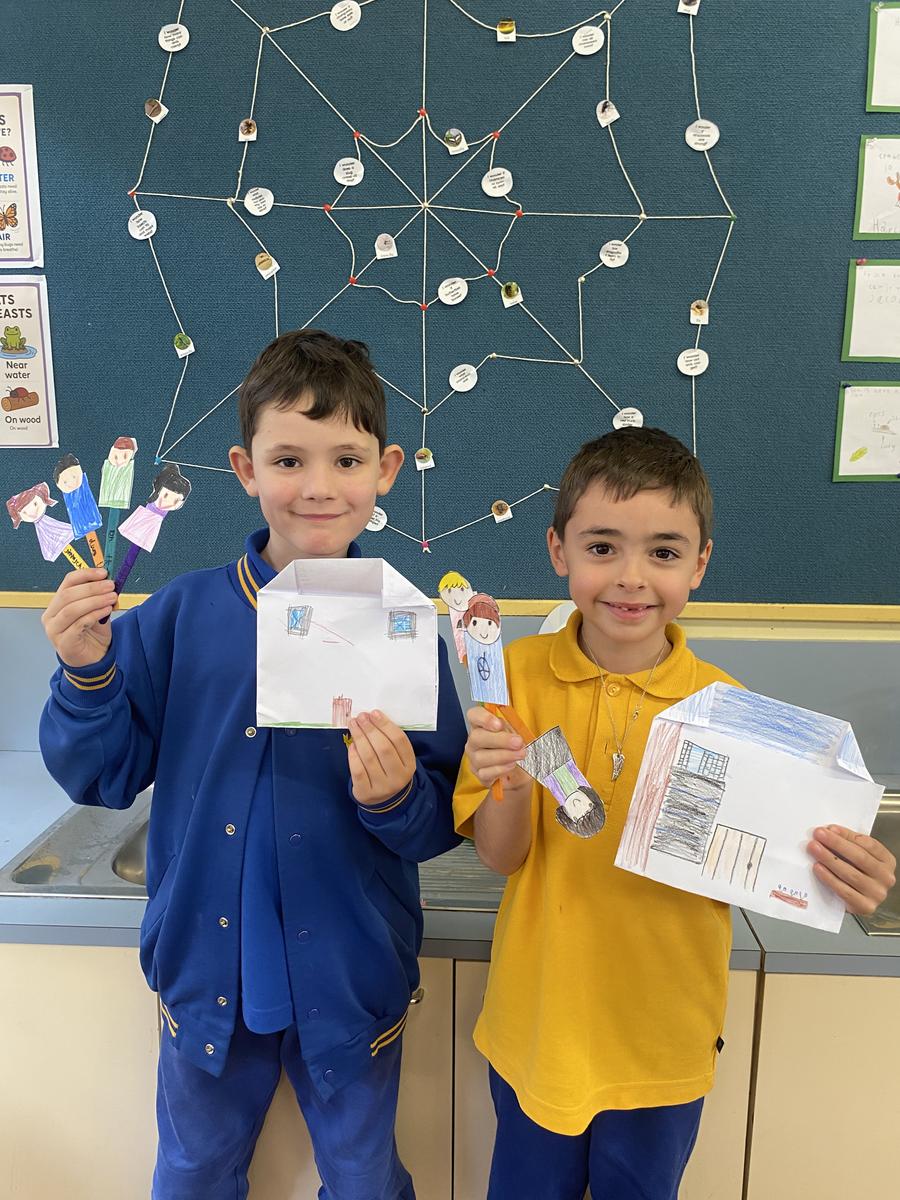
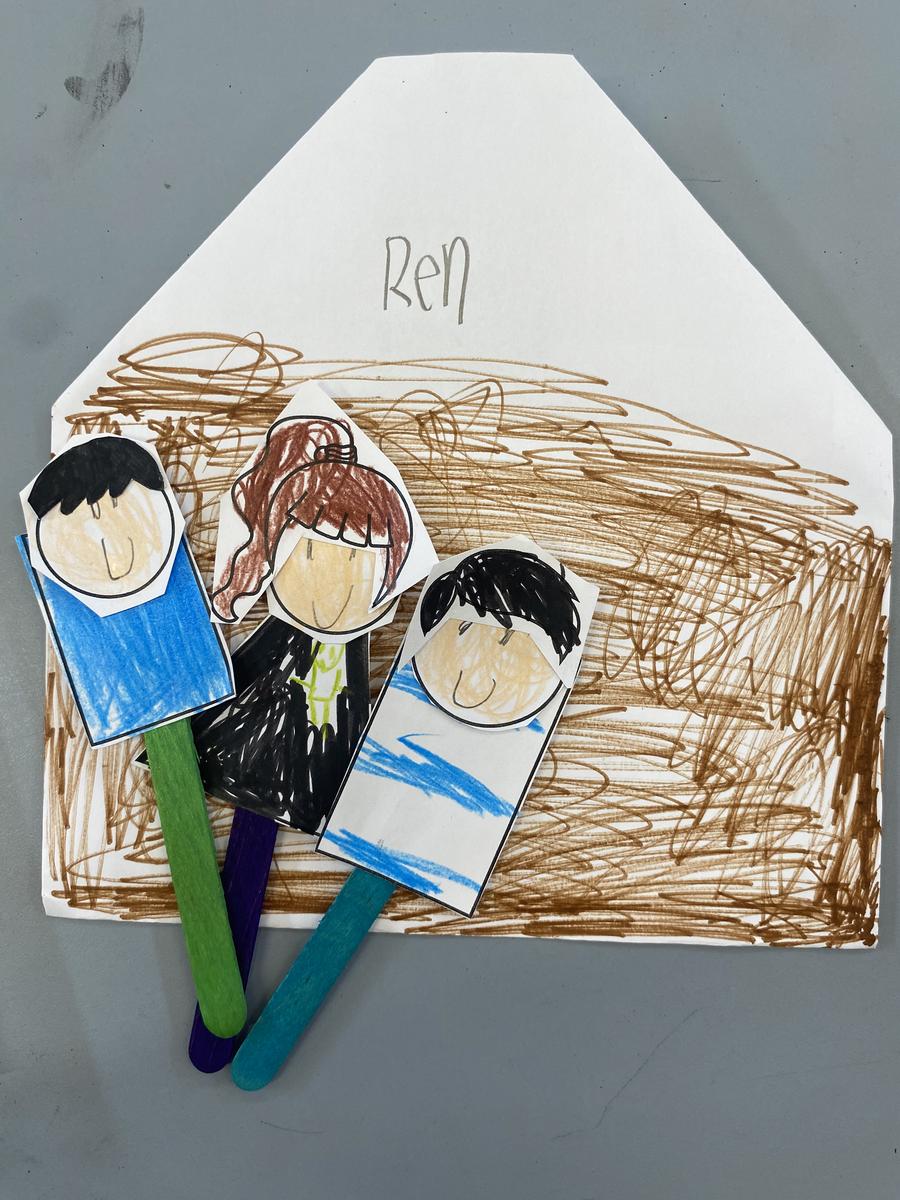
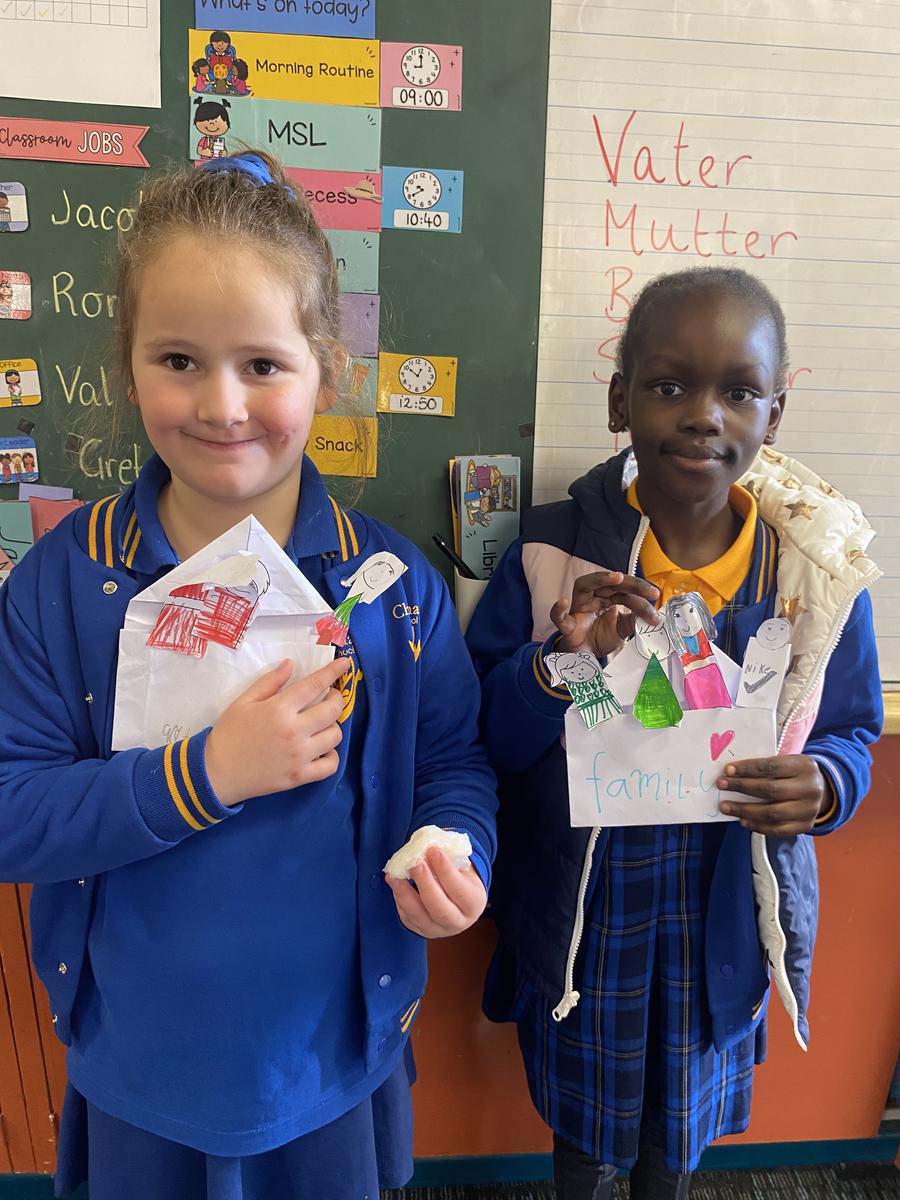
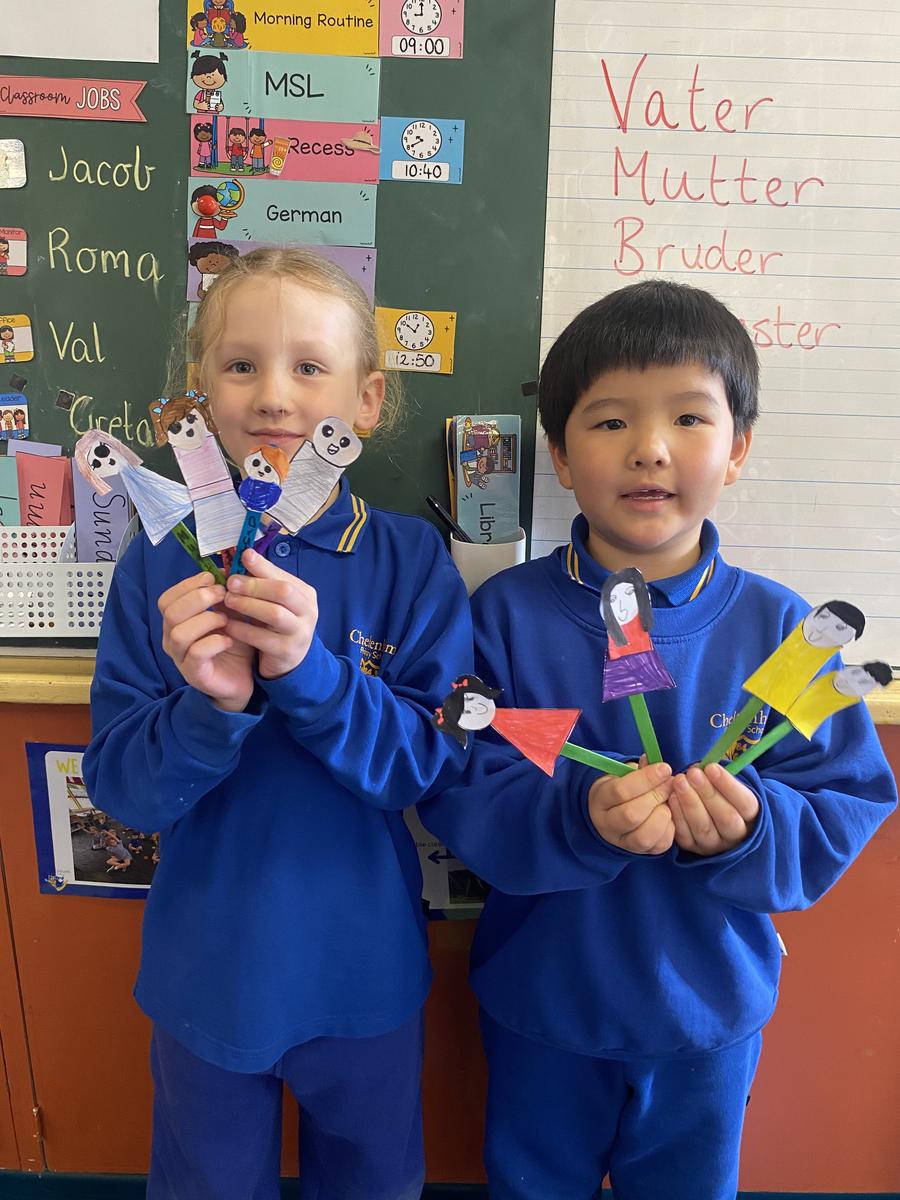
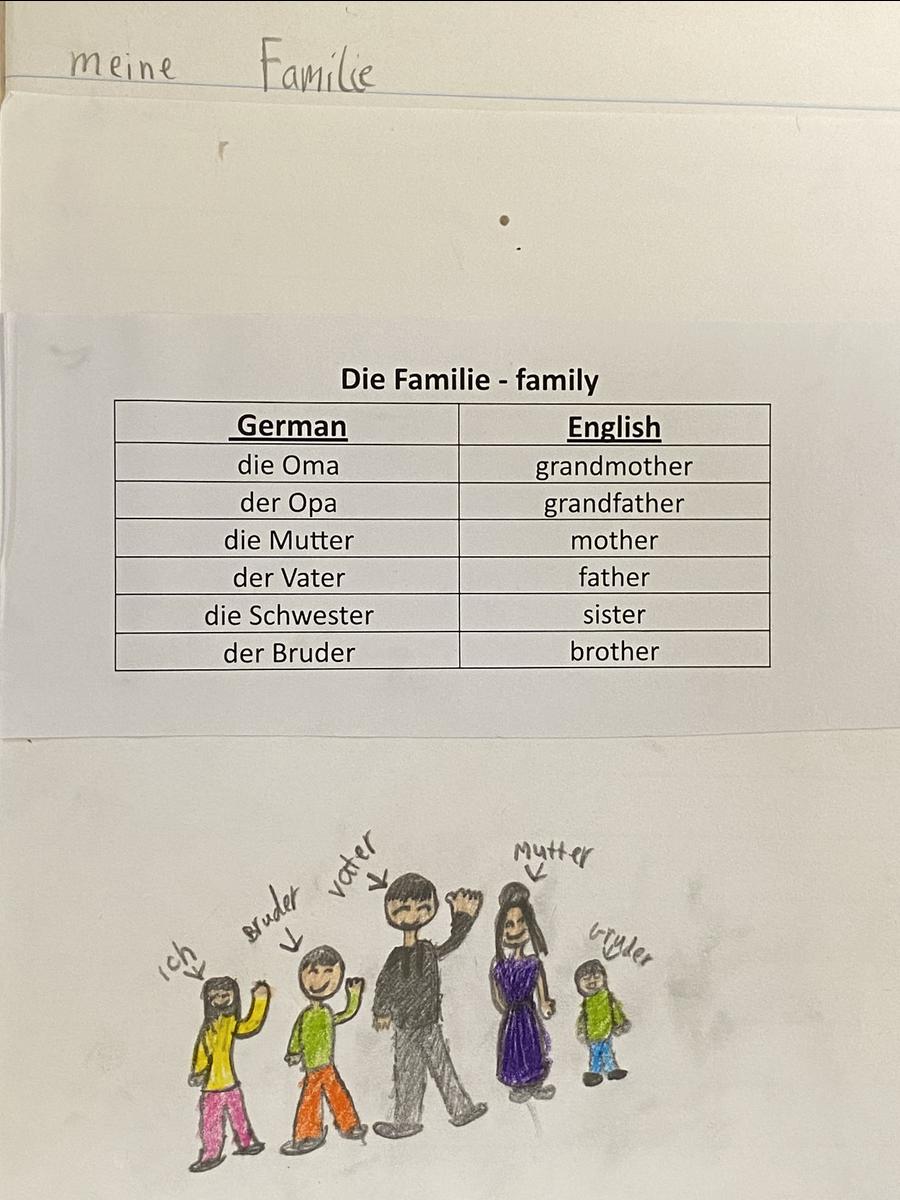















Building on our family unit, this term we will be focusing on pets. Students will learn to name and describe common pets using simple adjectives and language structures. We will be using a range of simple texts and activities to continue to build students’ receptive language skills (exploring, noticing, listening and recognising) and oral communication skills.
Year 3 and 4
In Term 2, students extended their knowledge of German culture and its influence on our everyday lives. They each chose and researched a German product or invention that we use or has had a positive impact on our modern lifeworlds. The students shared their findings with the class through an array of informative and engaging presentations. I hope they will share their knowledge with you at home also.
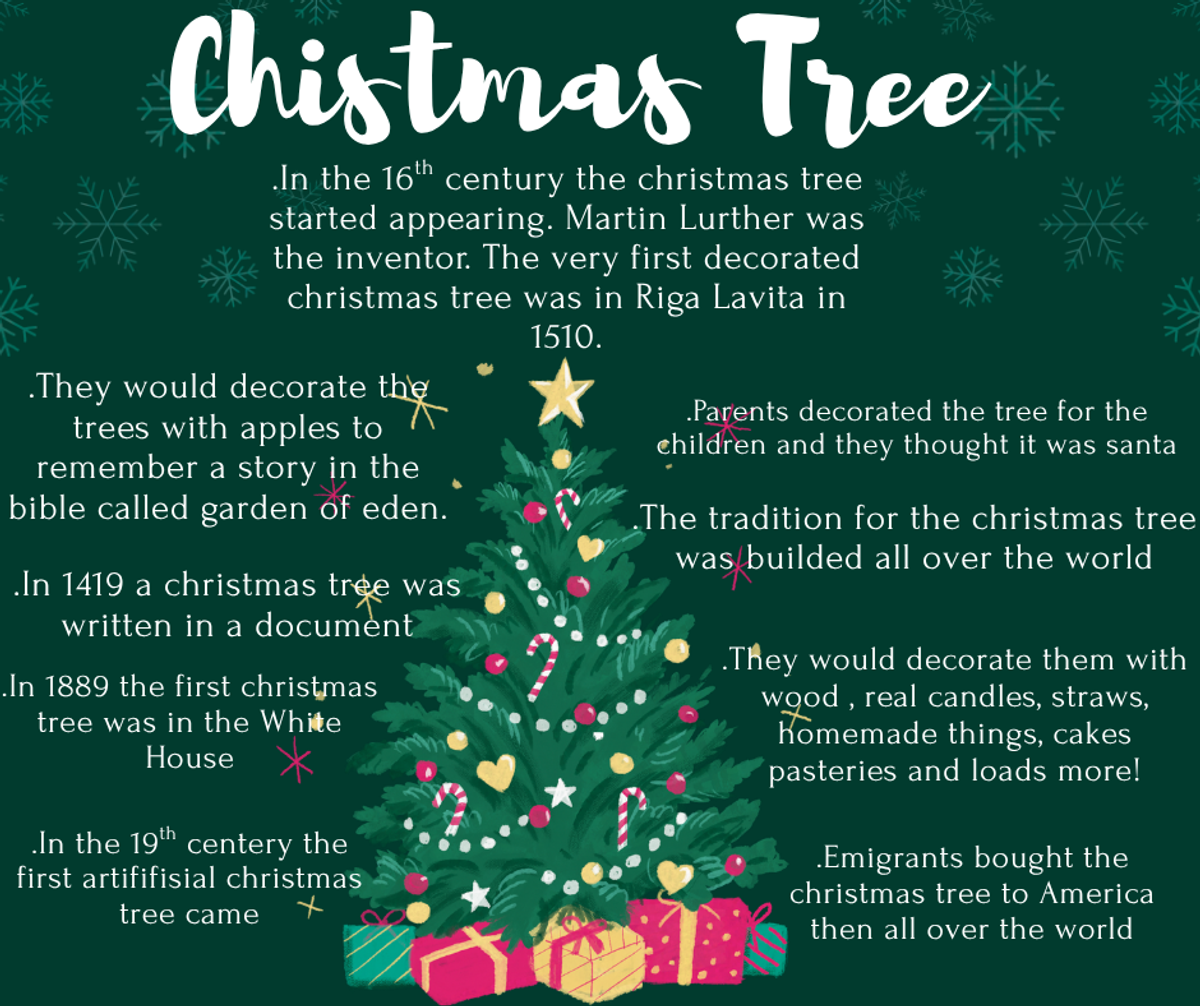
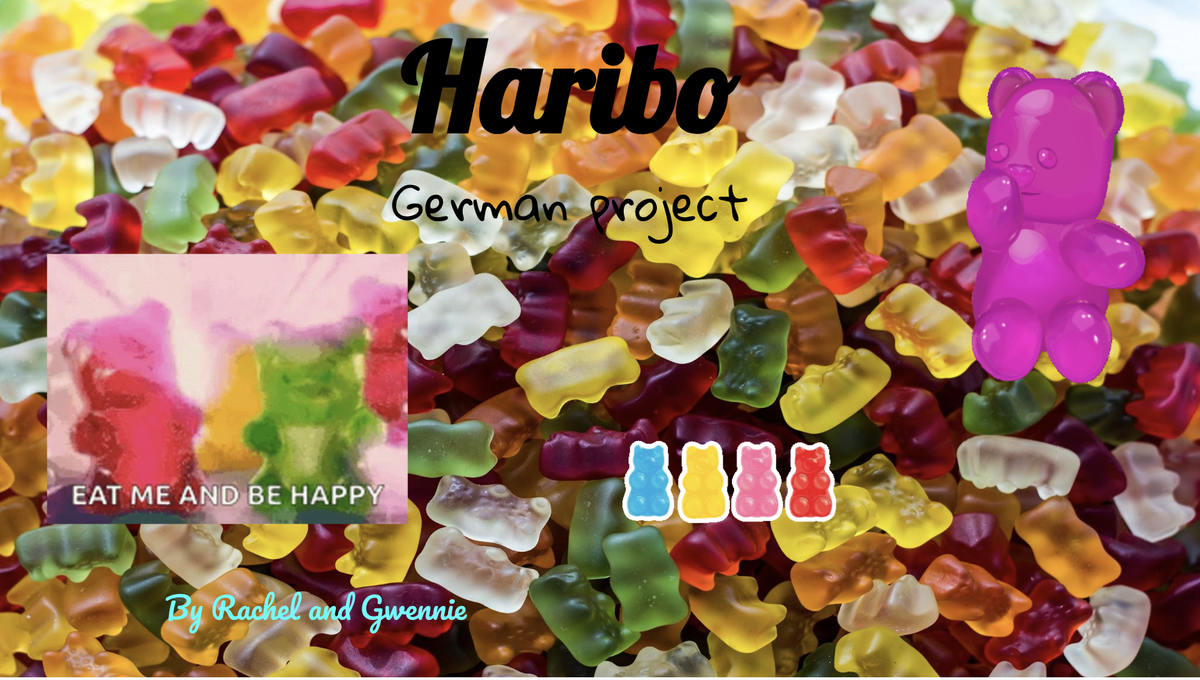
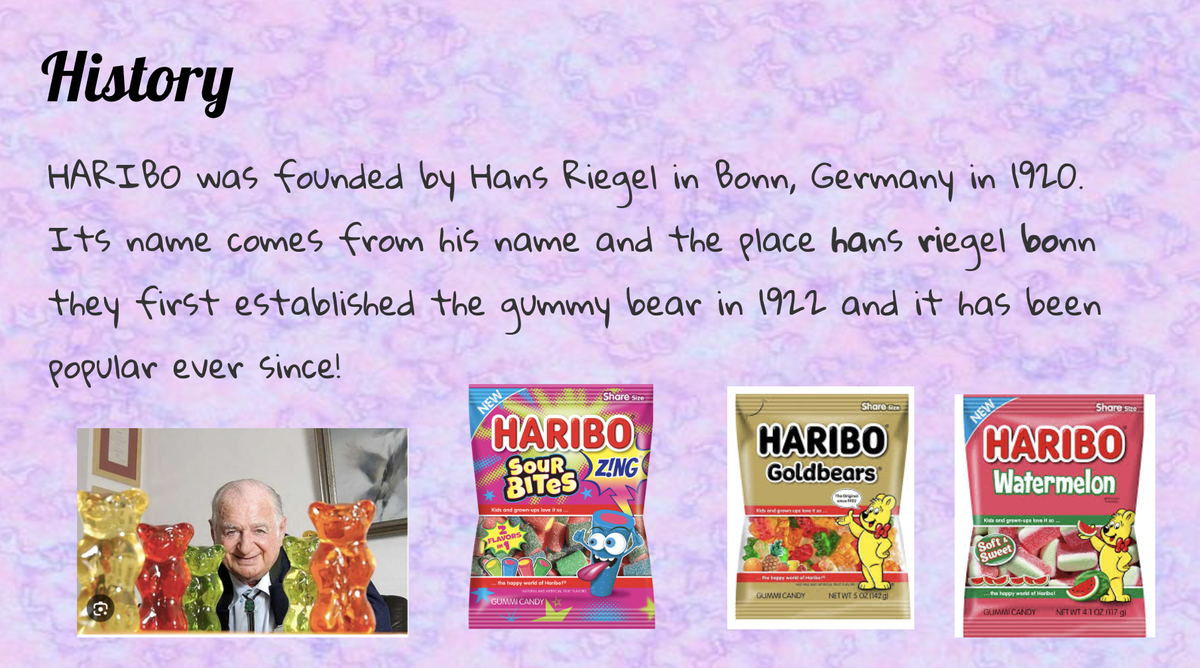
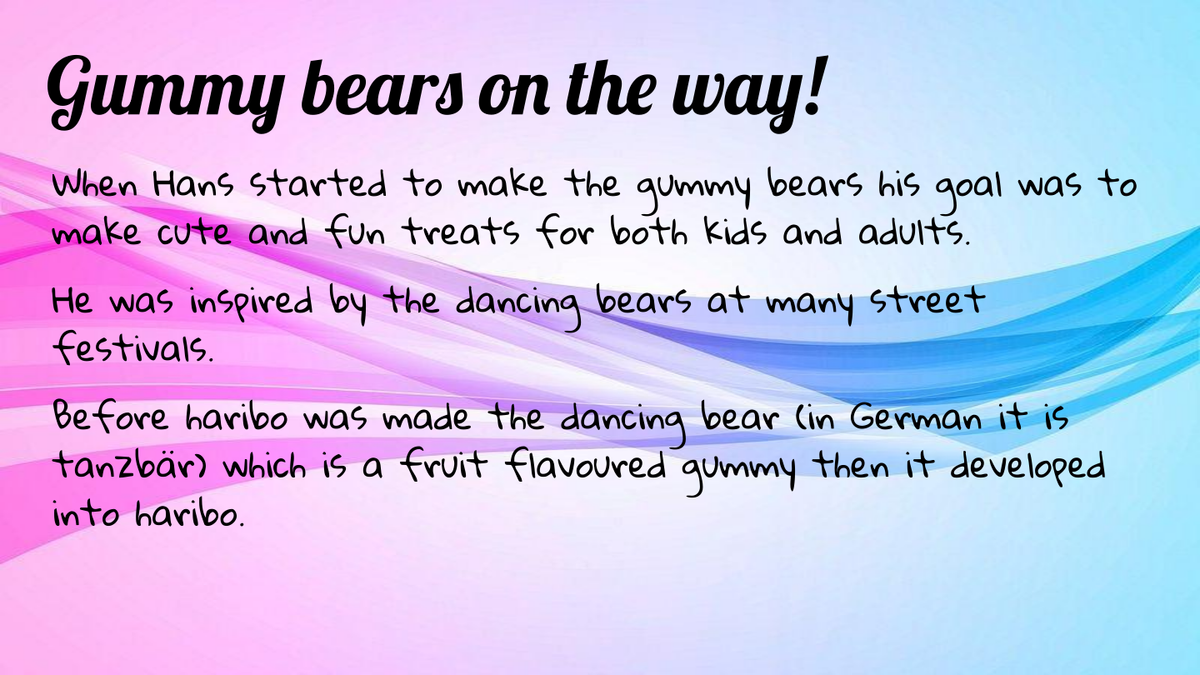
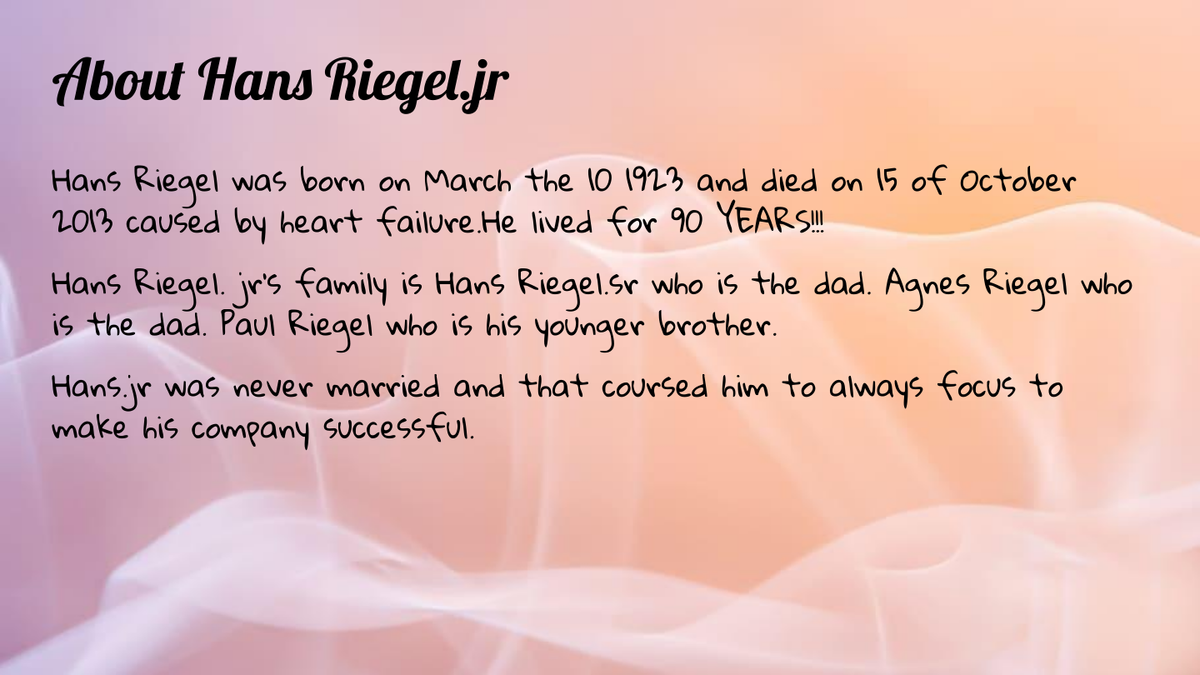
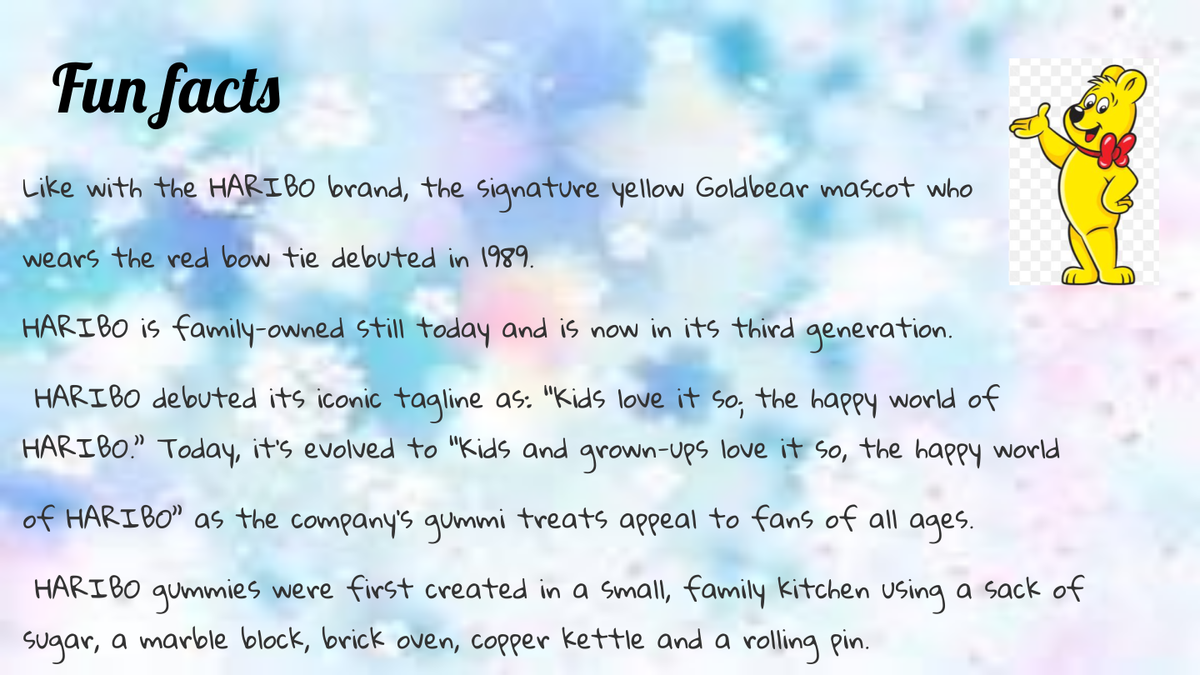
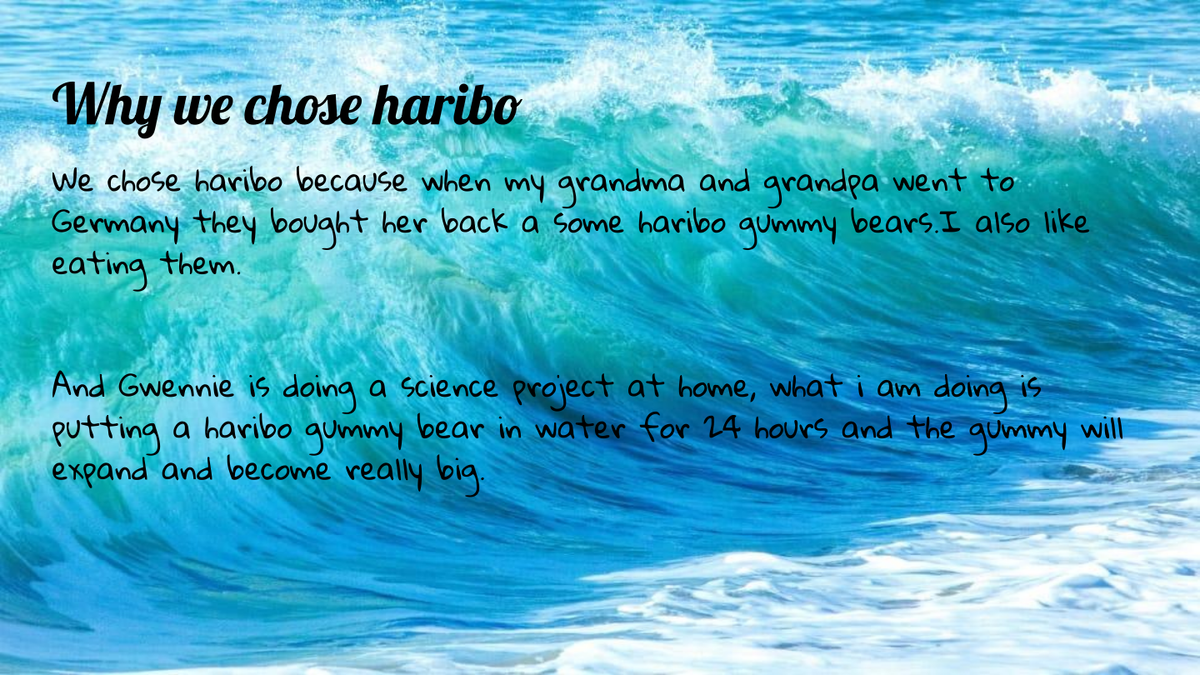
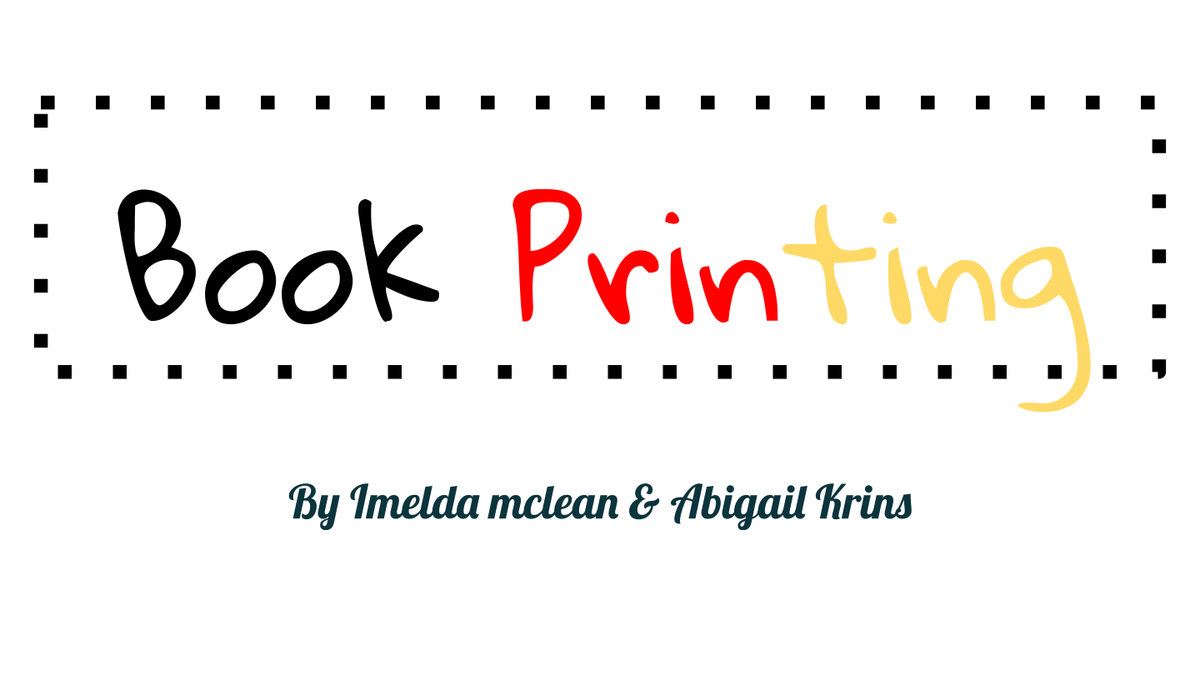
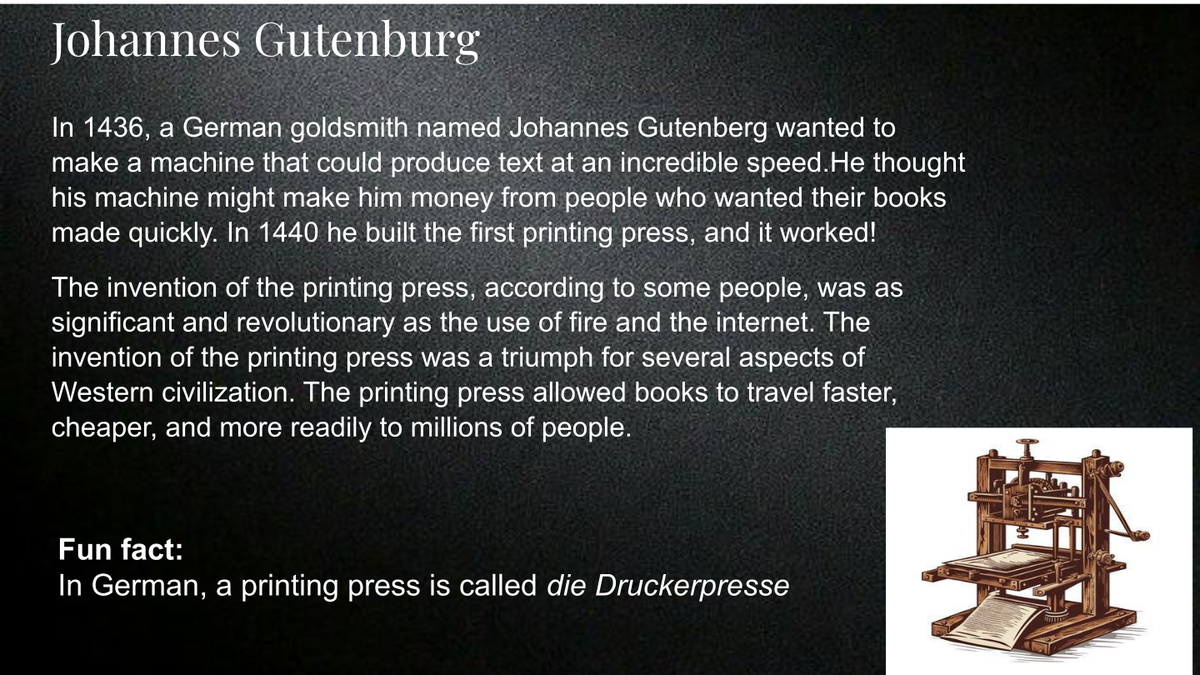
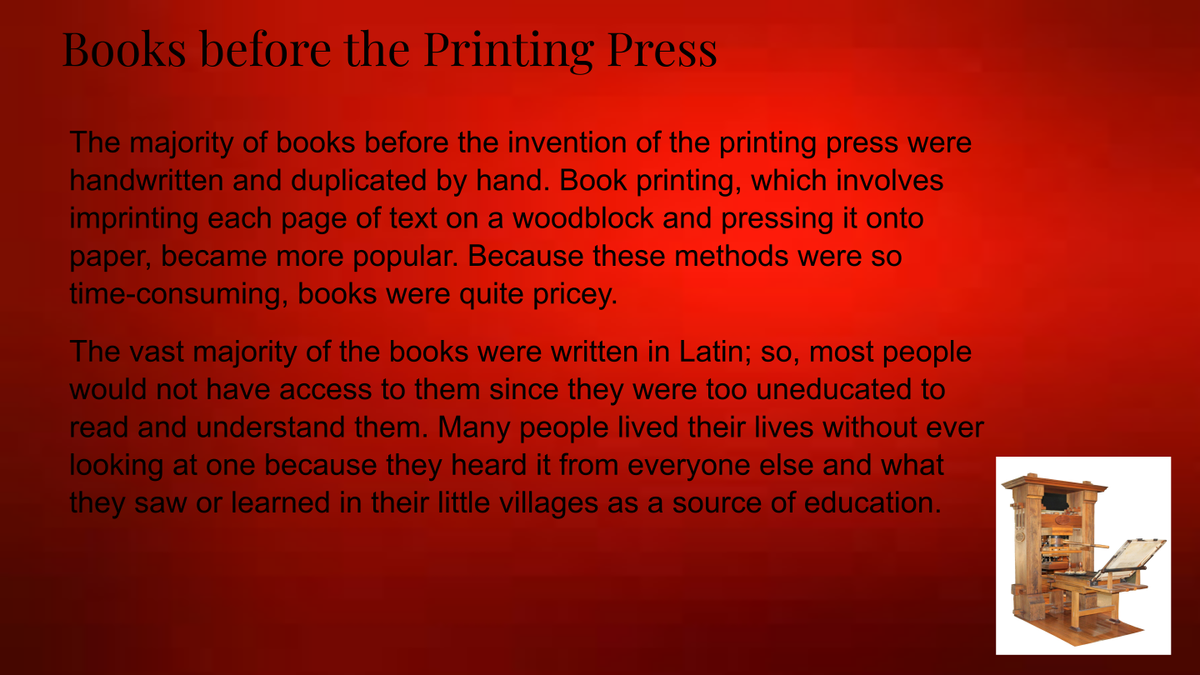


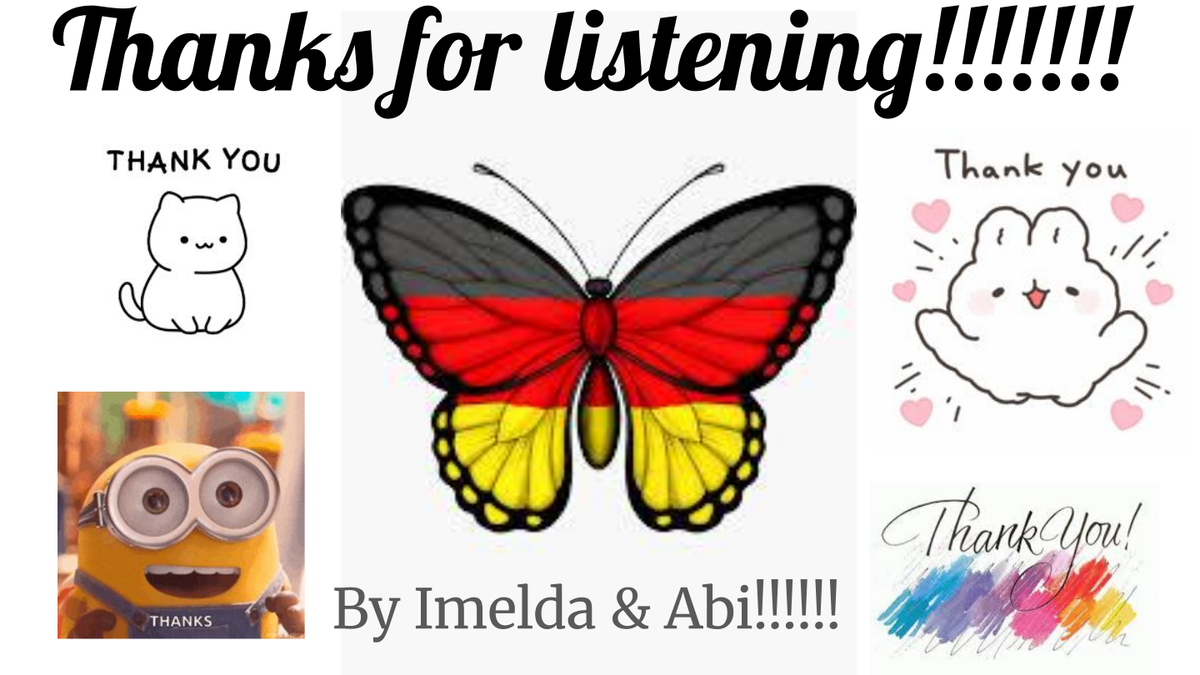
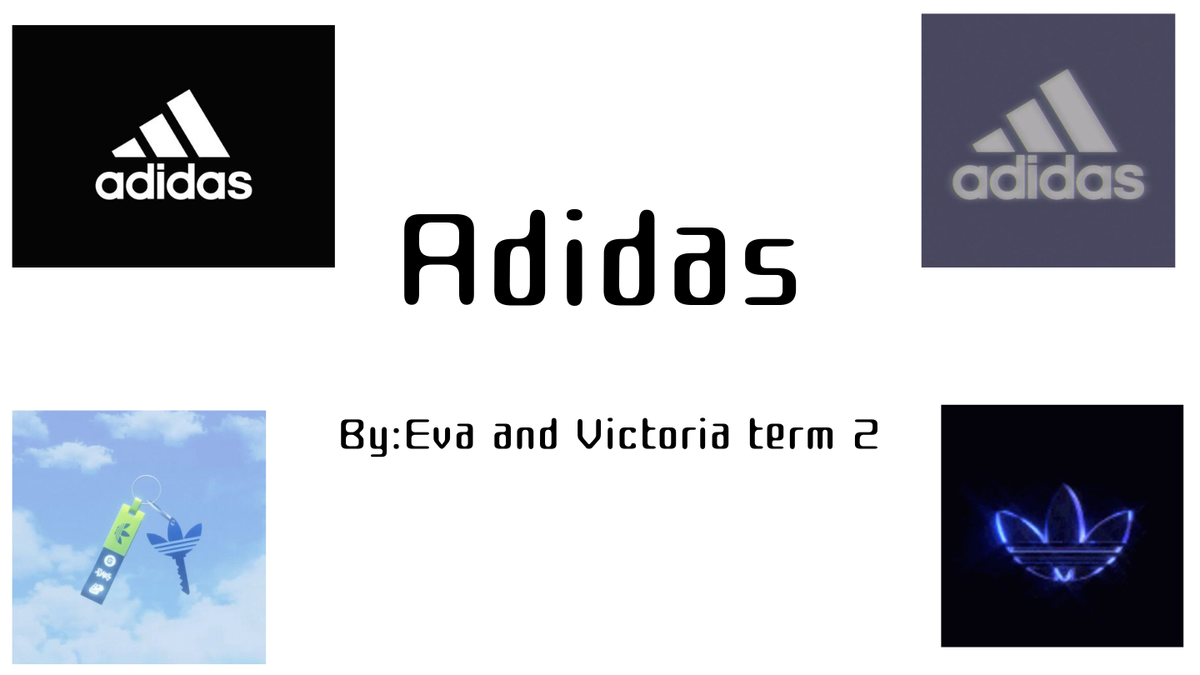


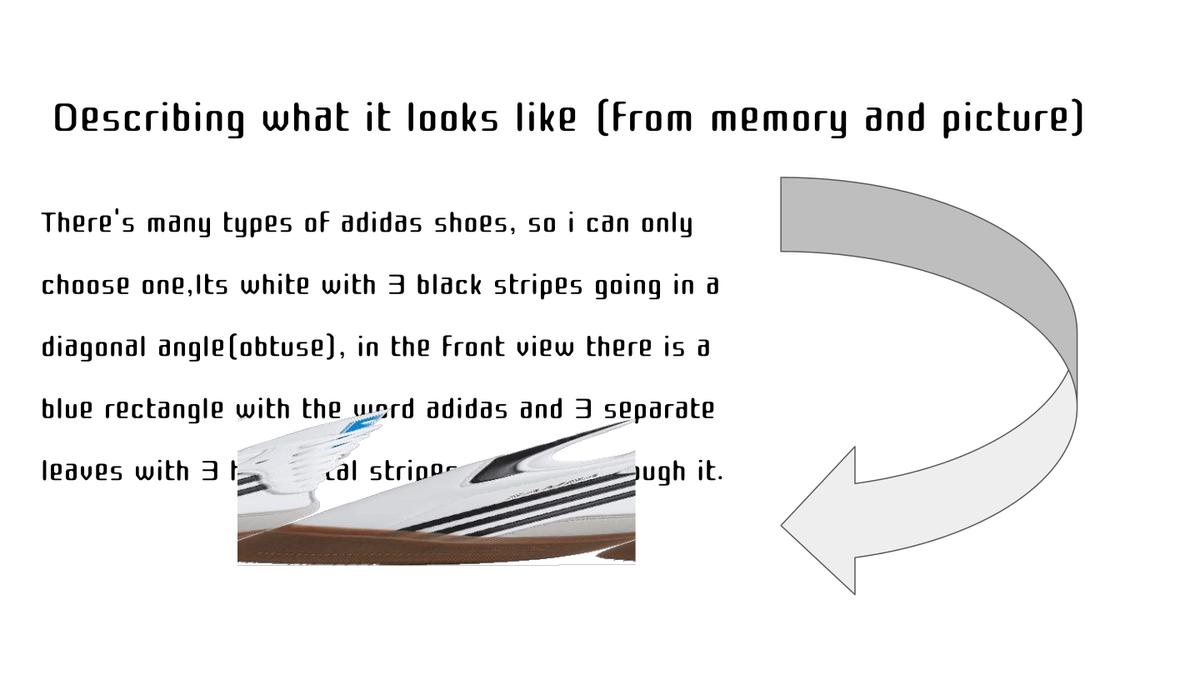

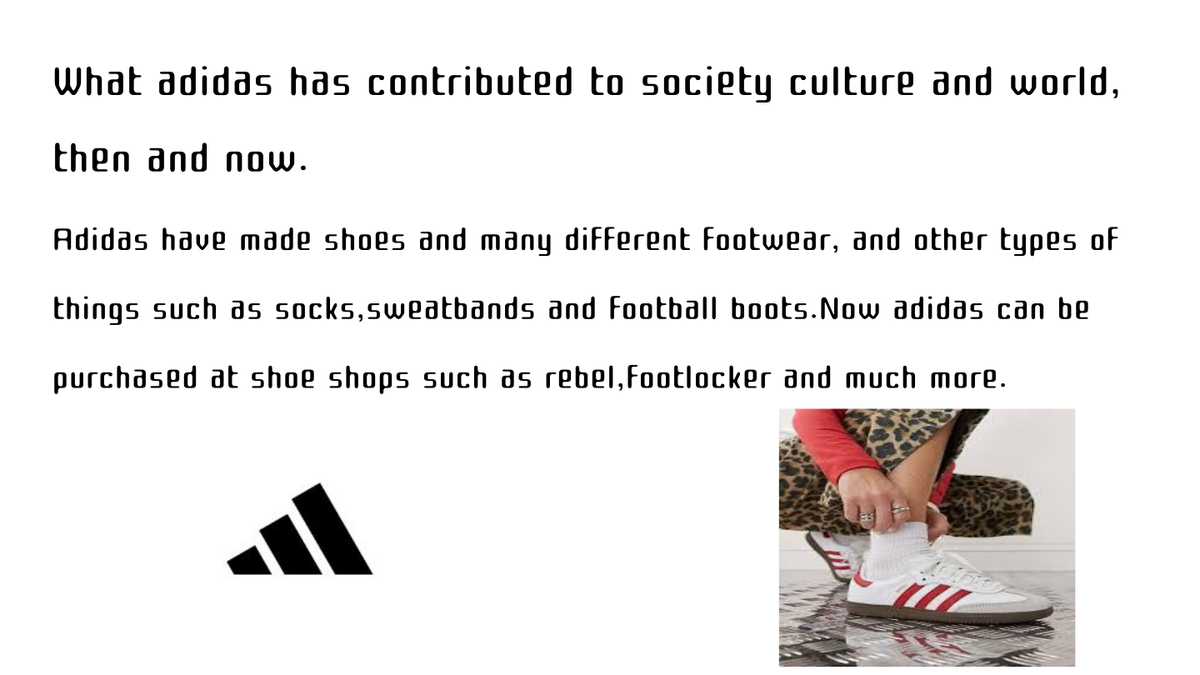

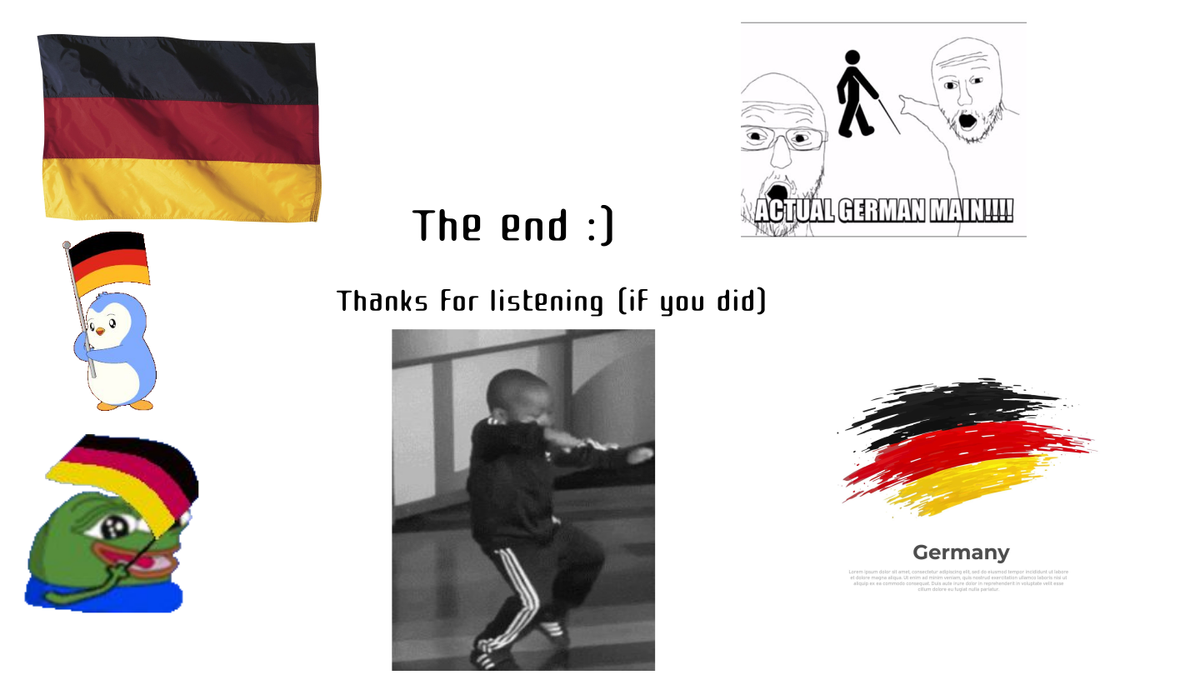
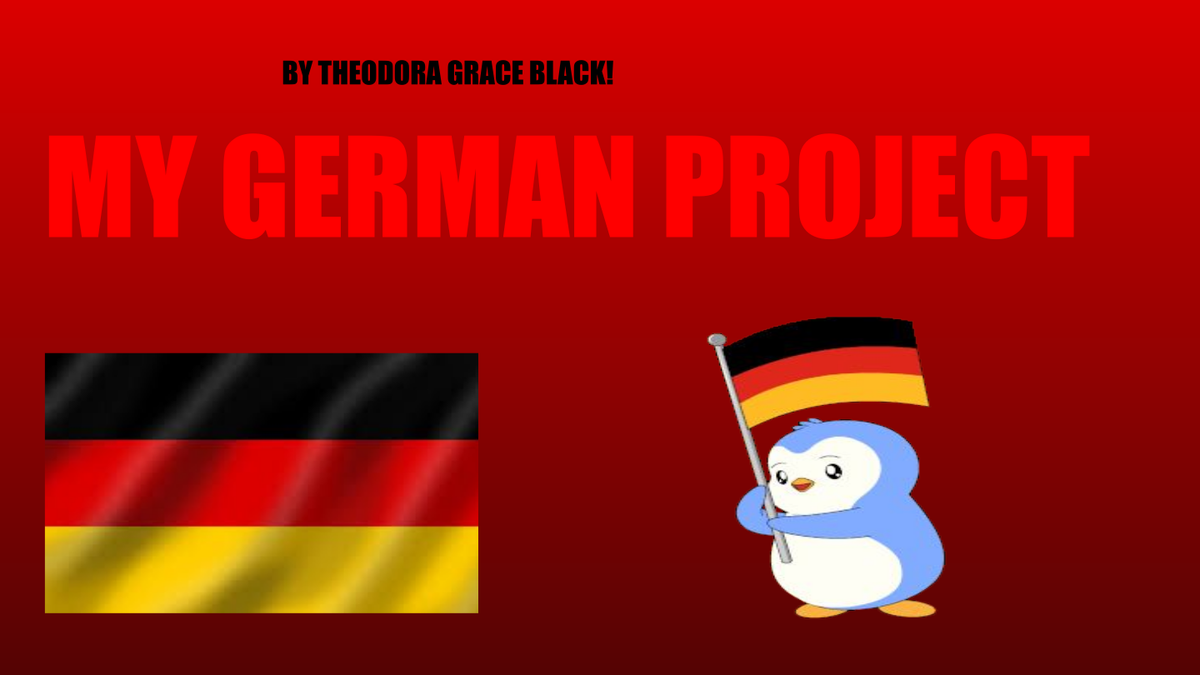


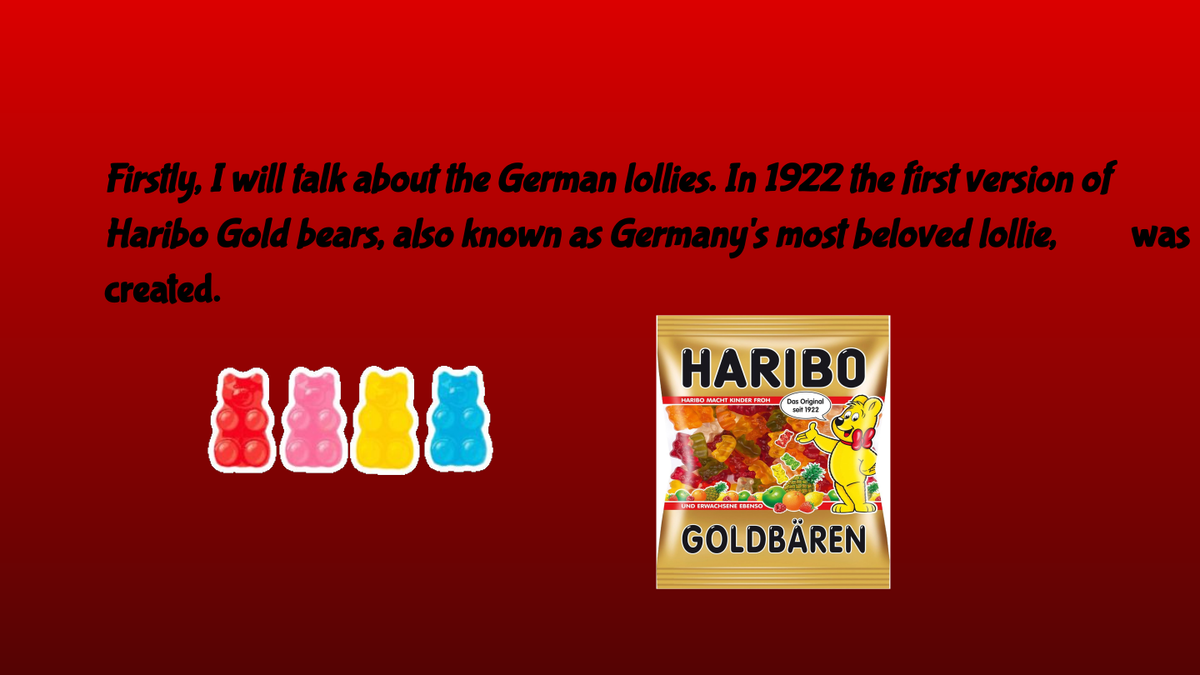
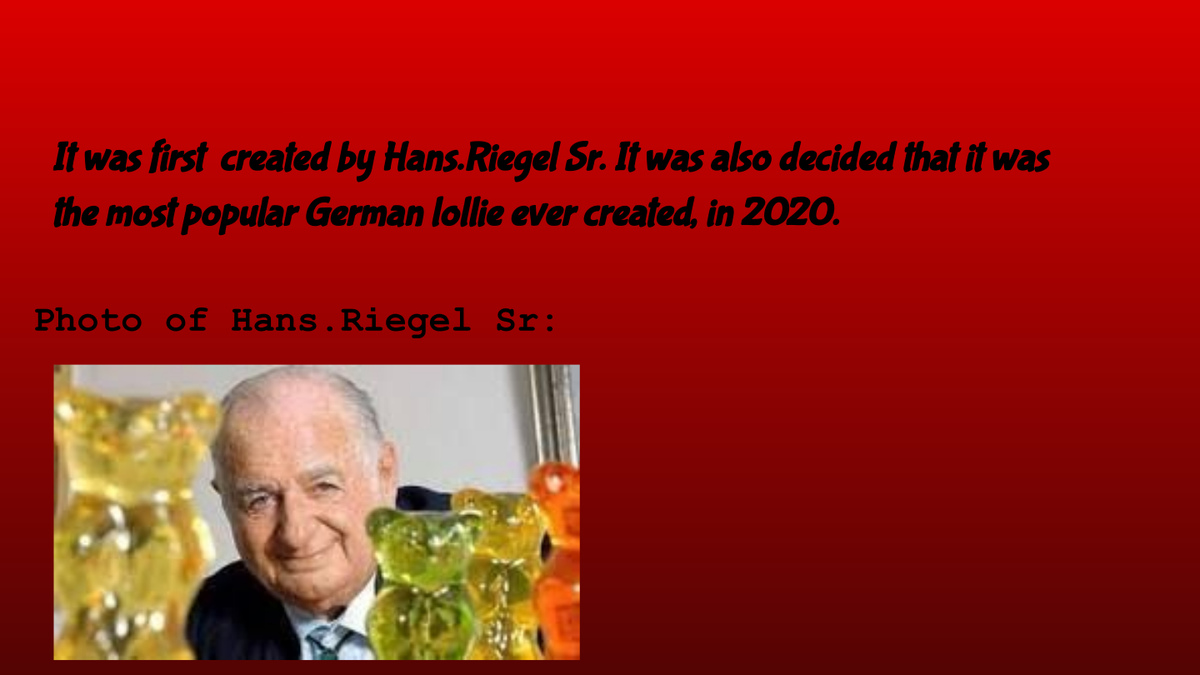
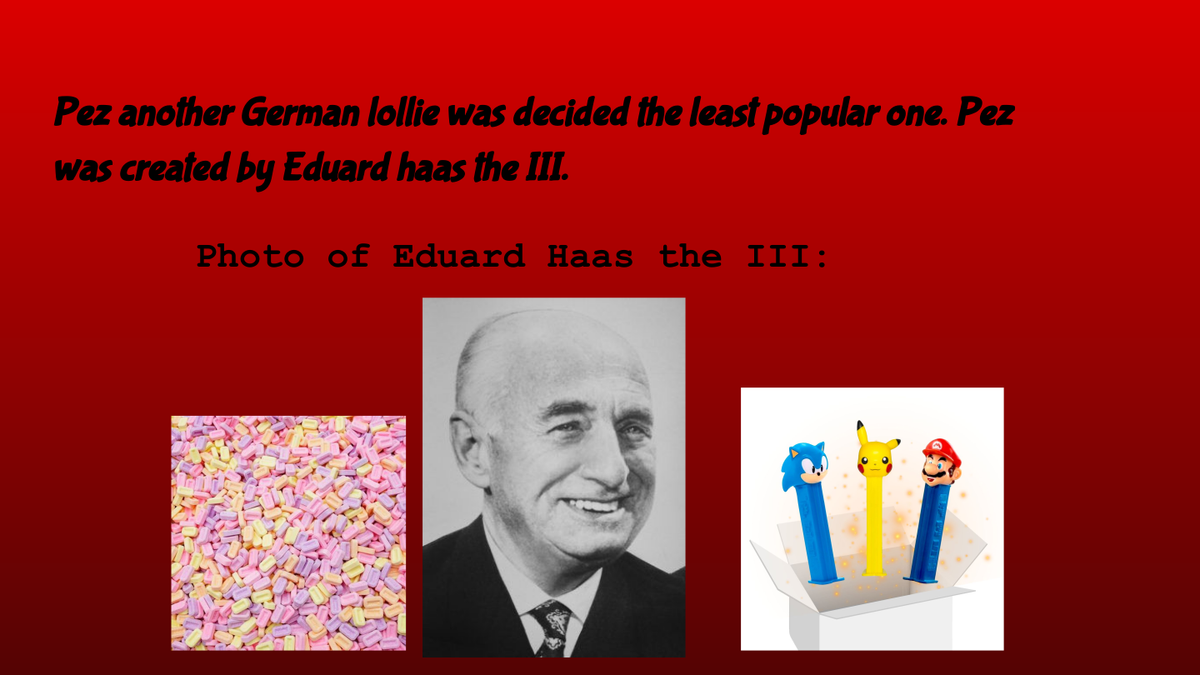
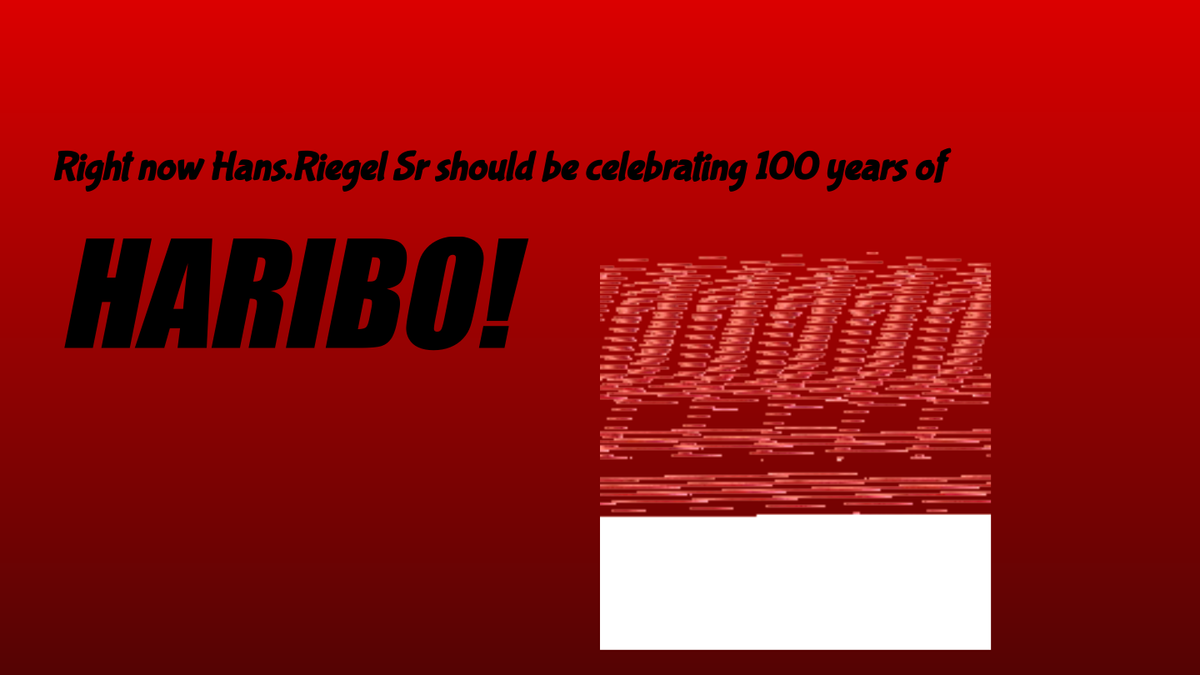
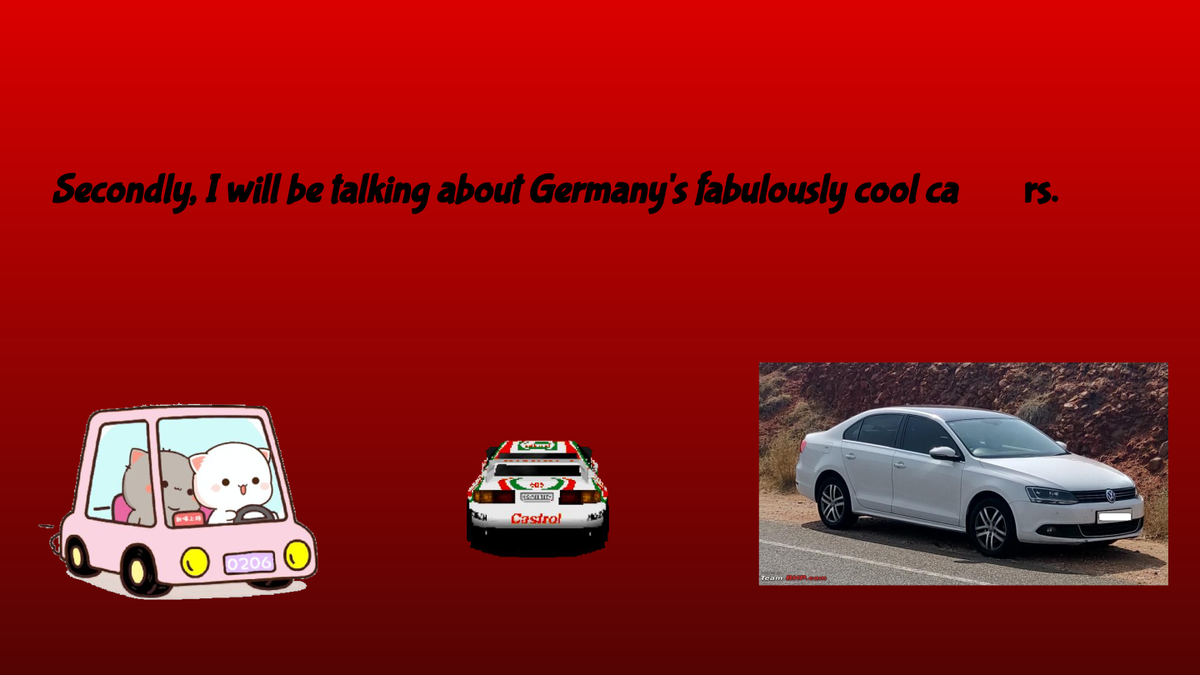
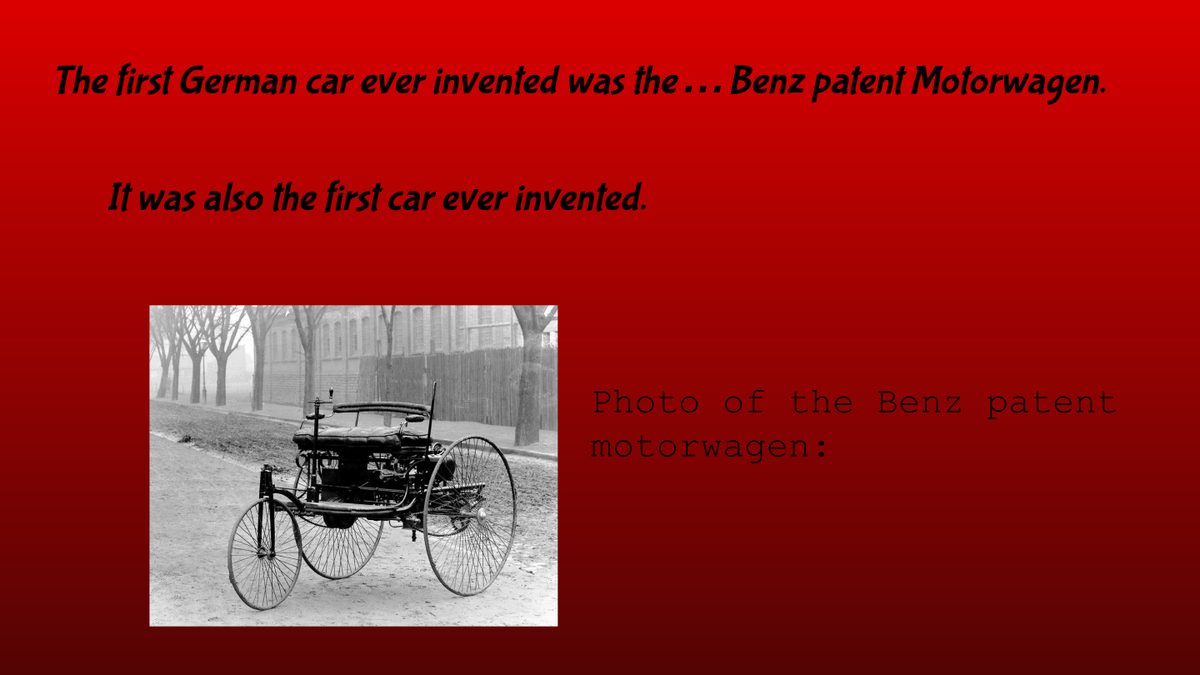



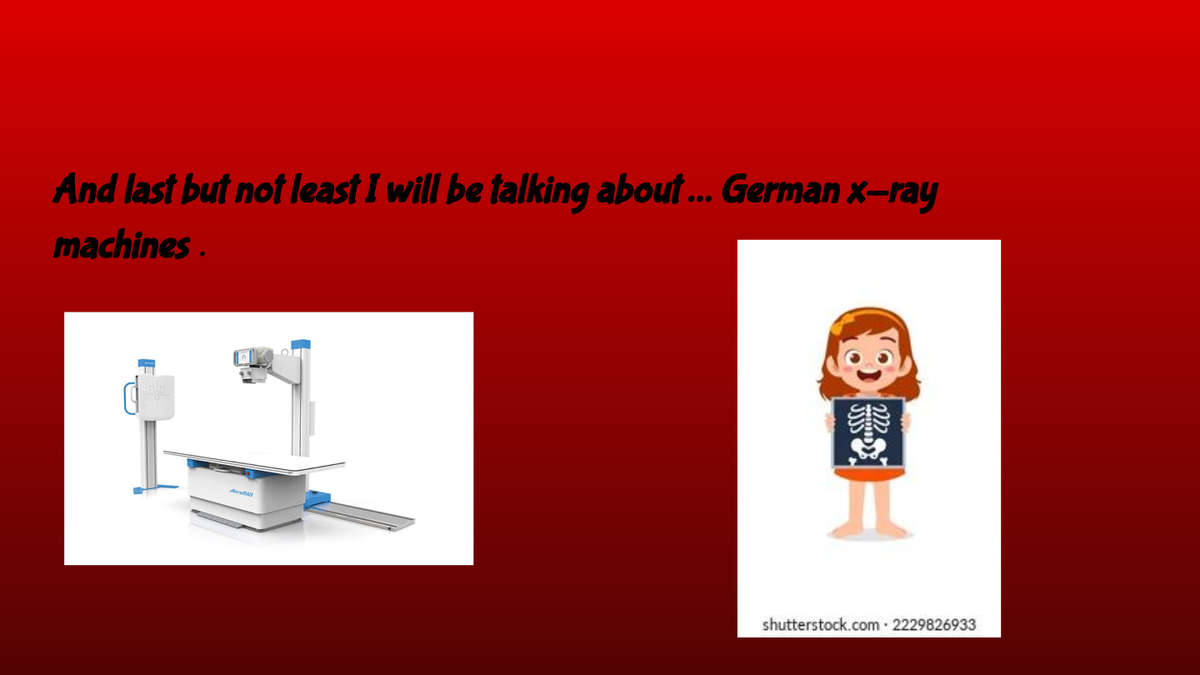

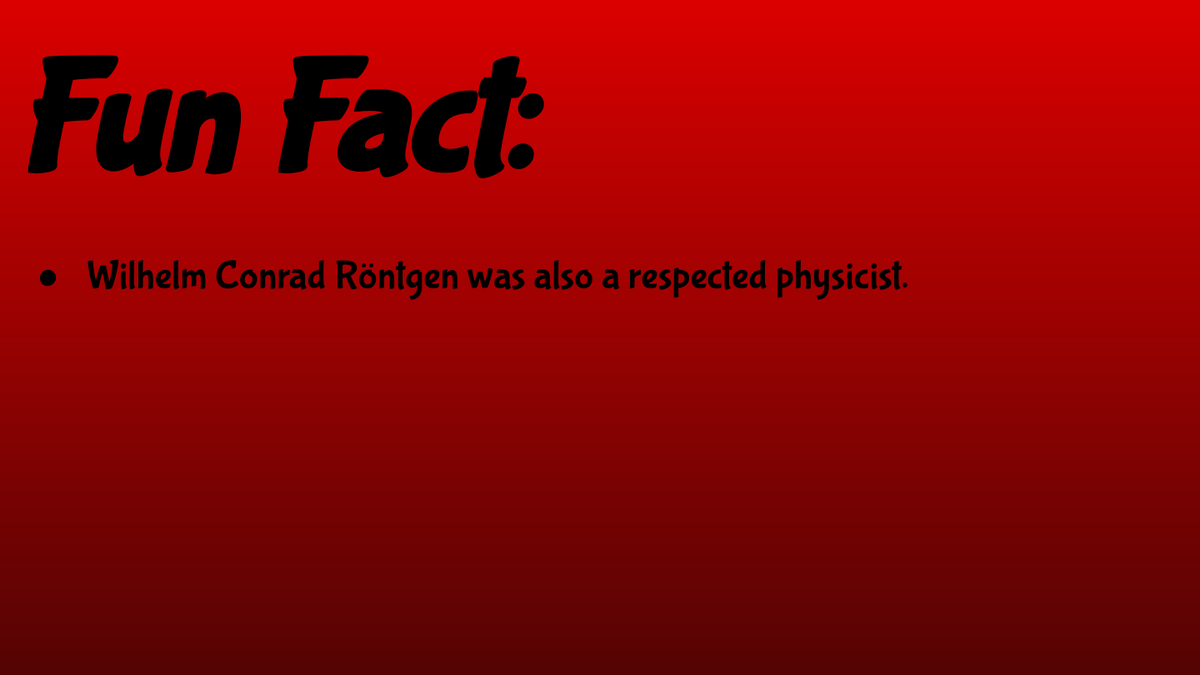

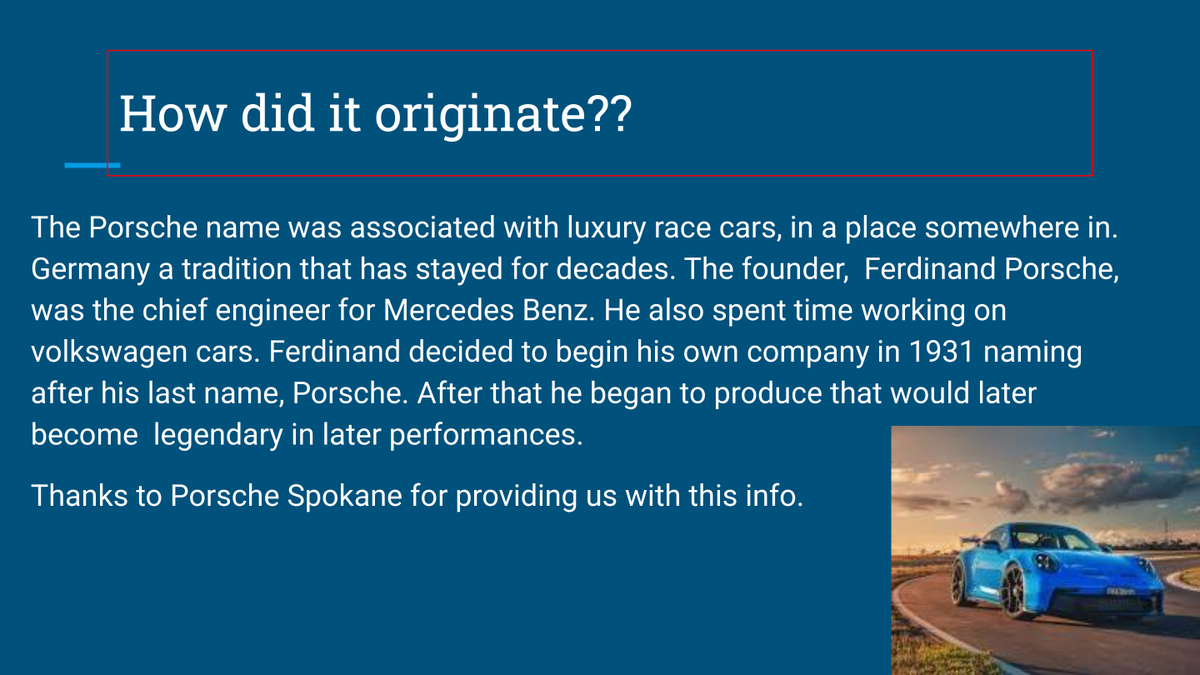
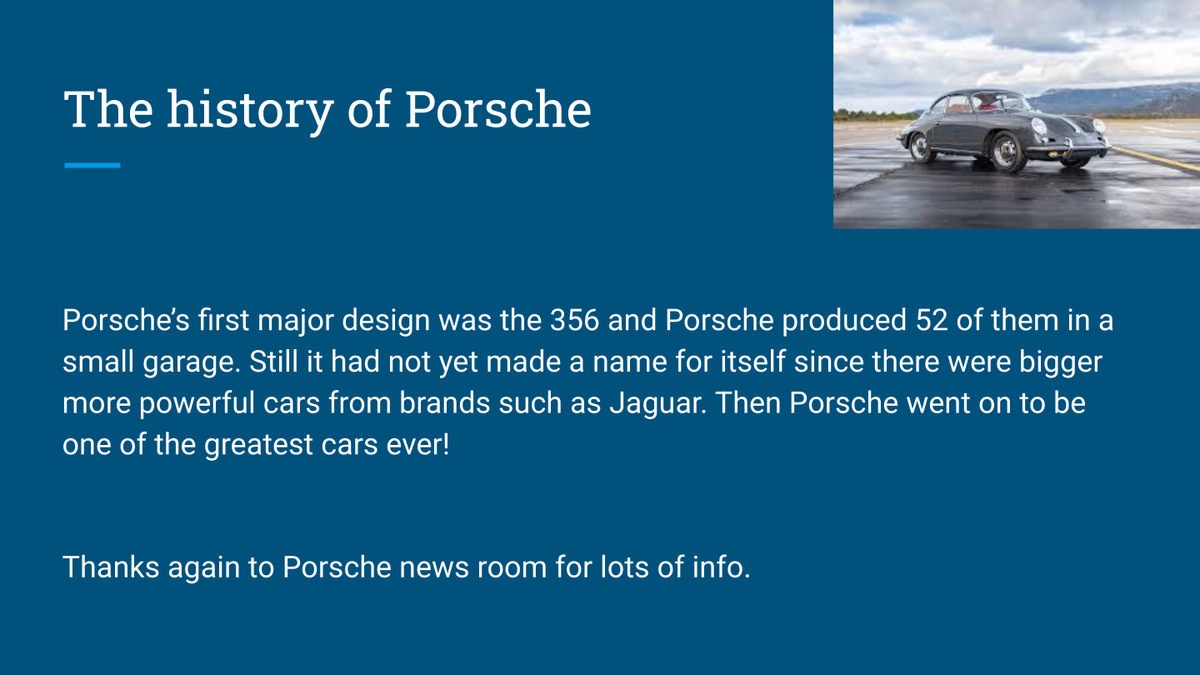

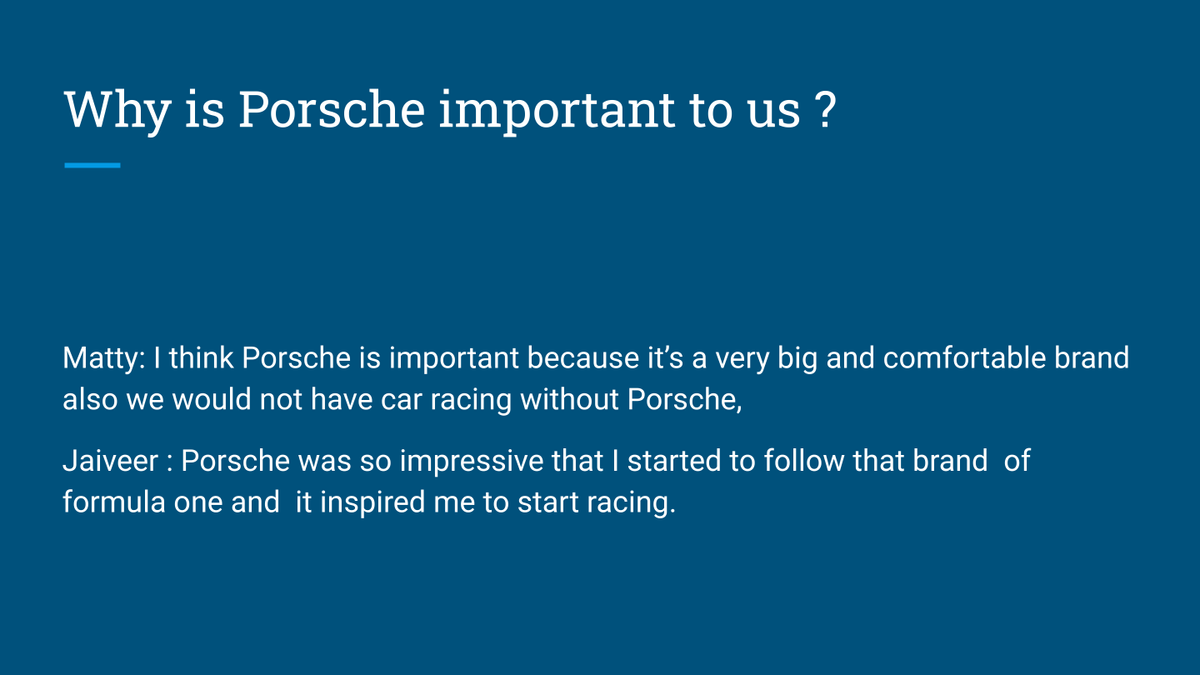
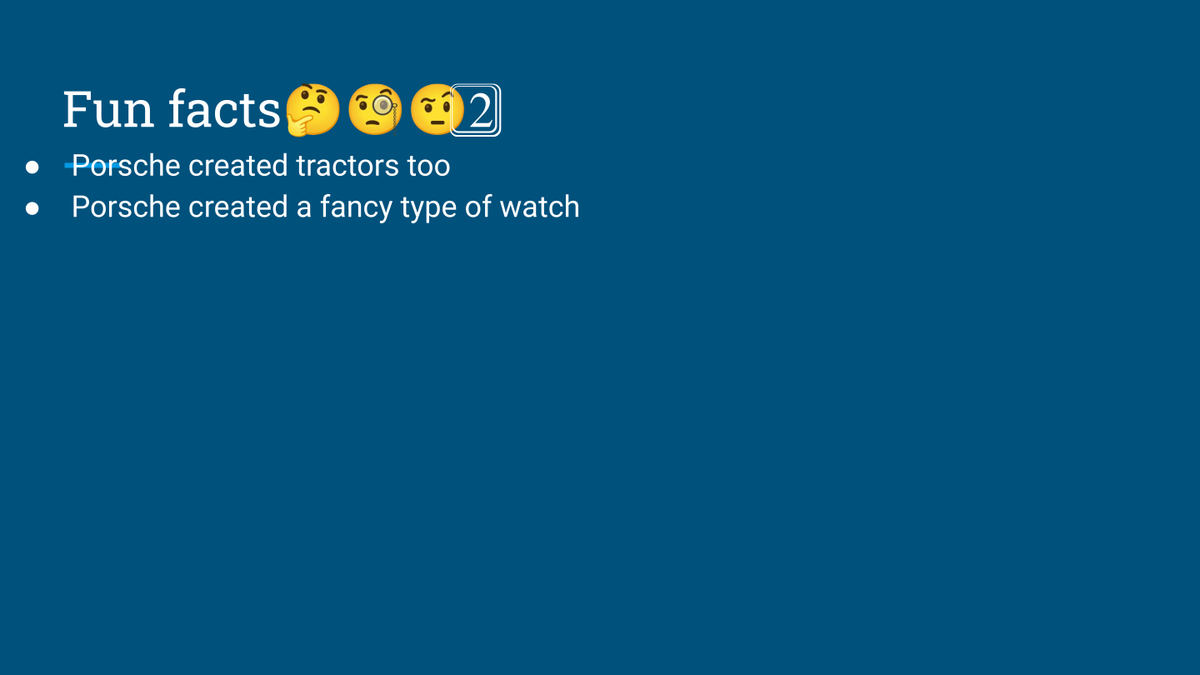

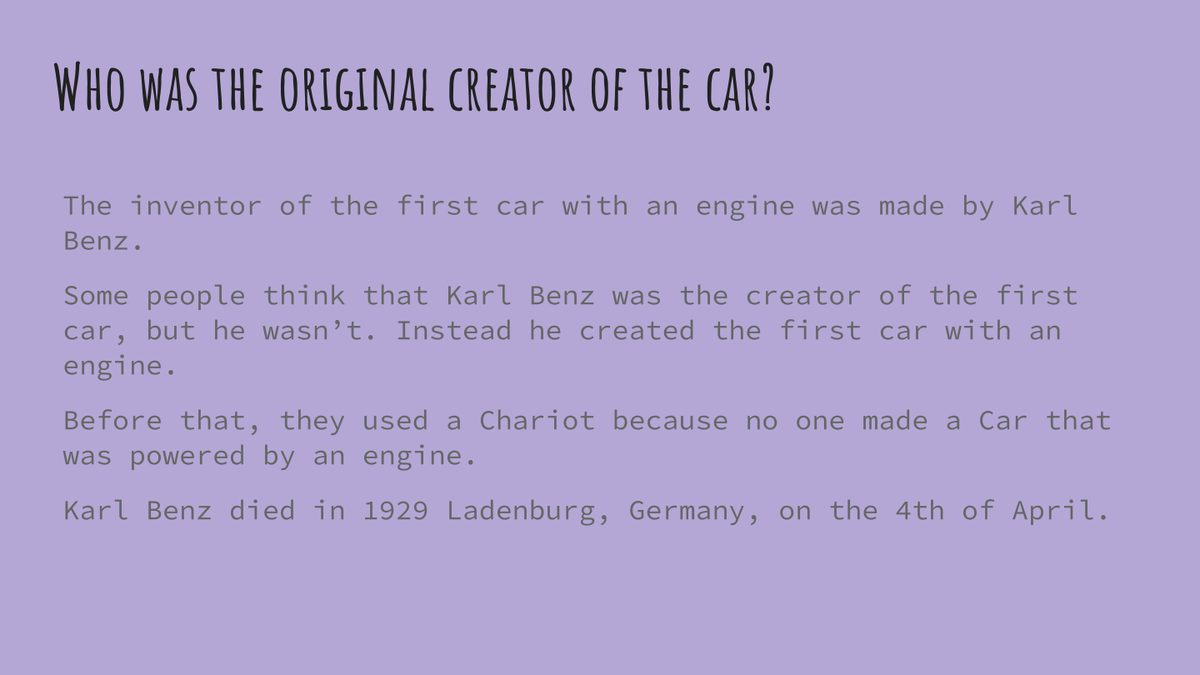
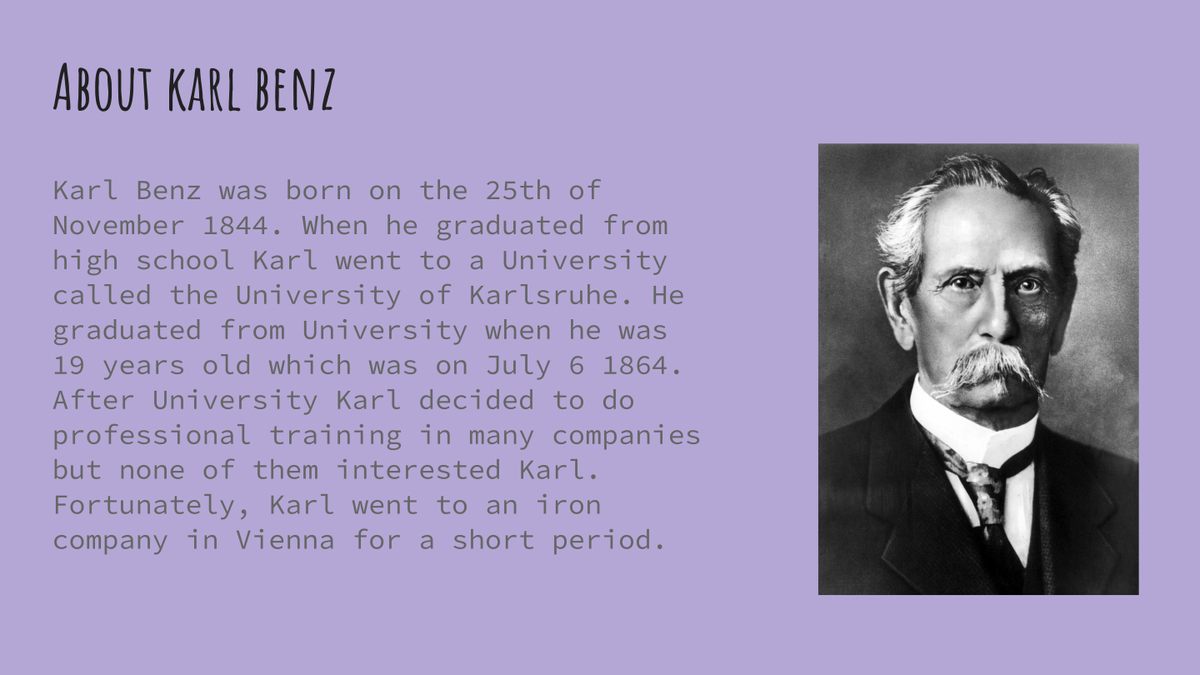
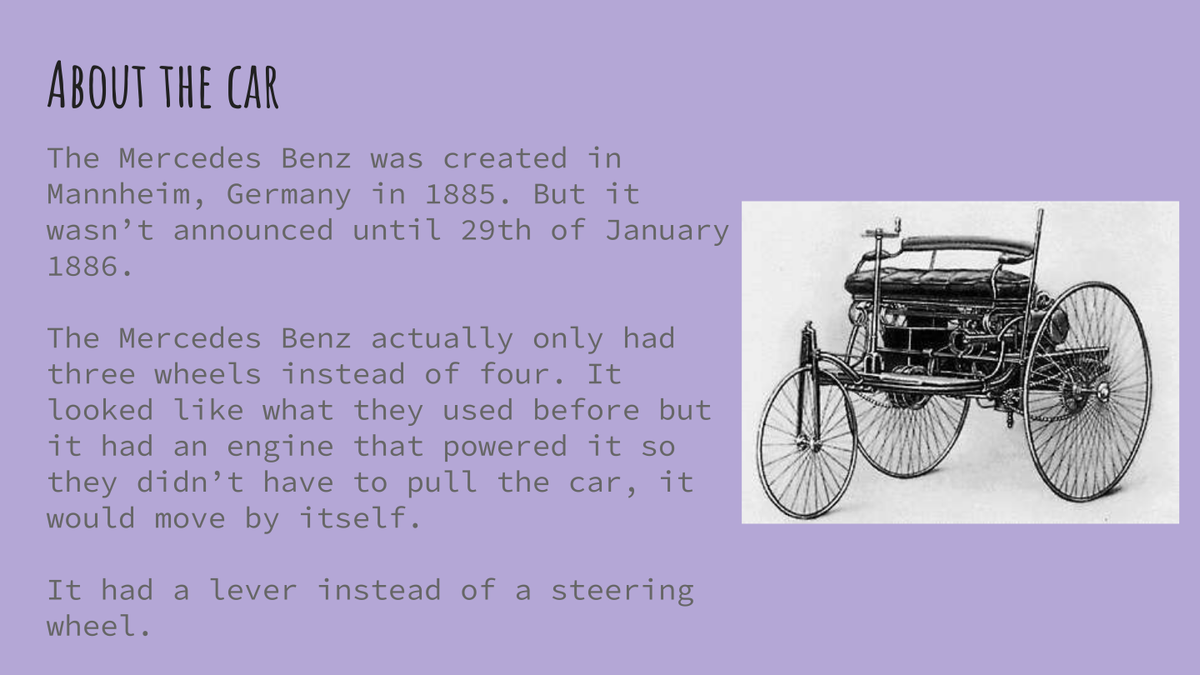
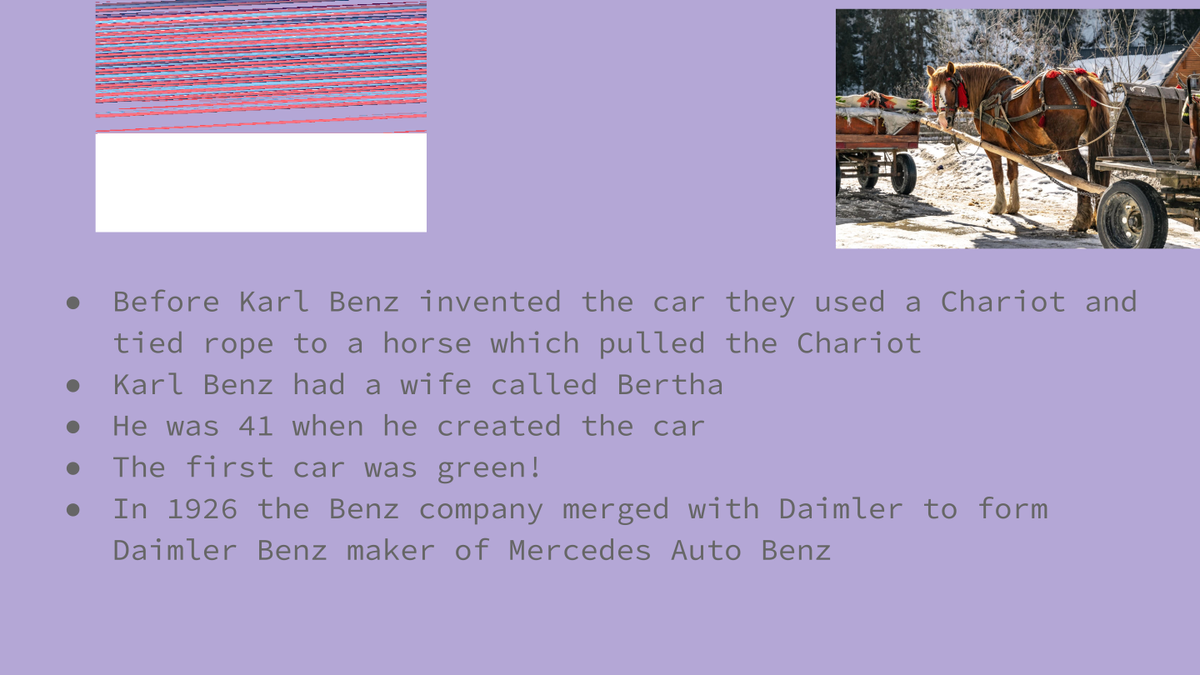
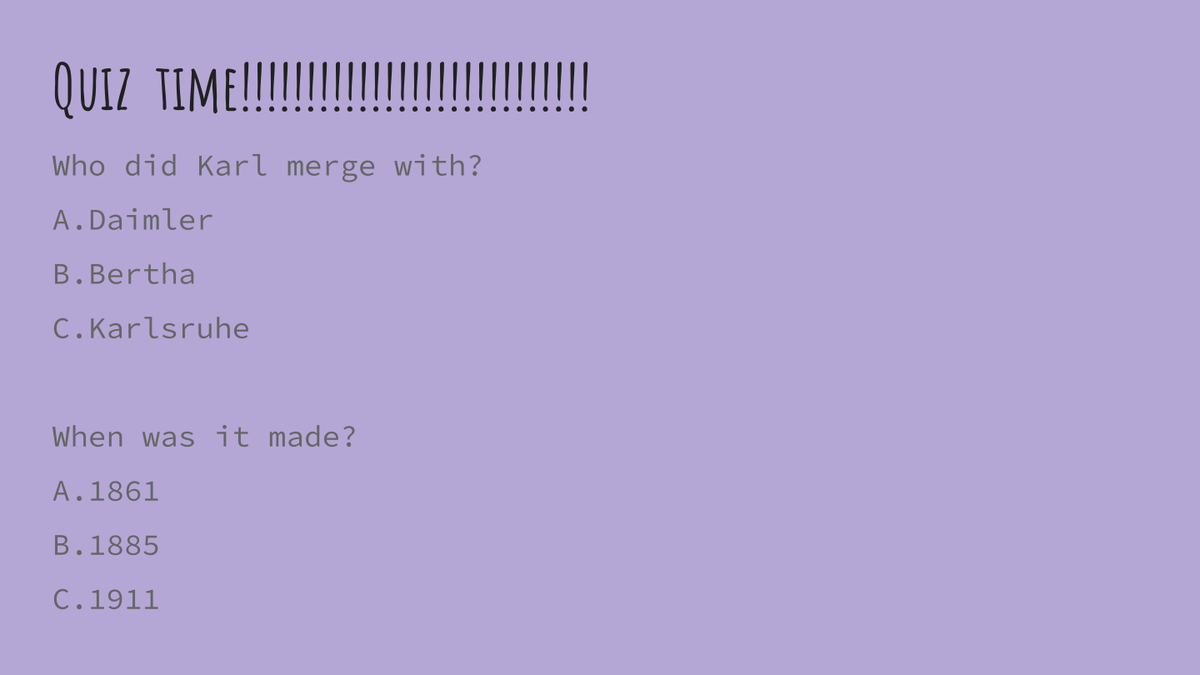
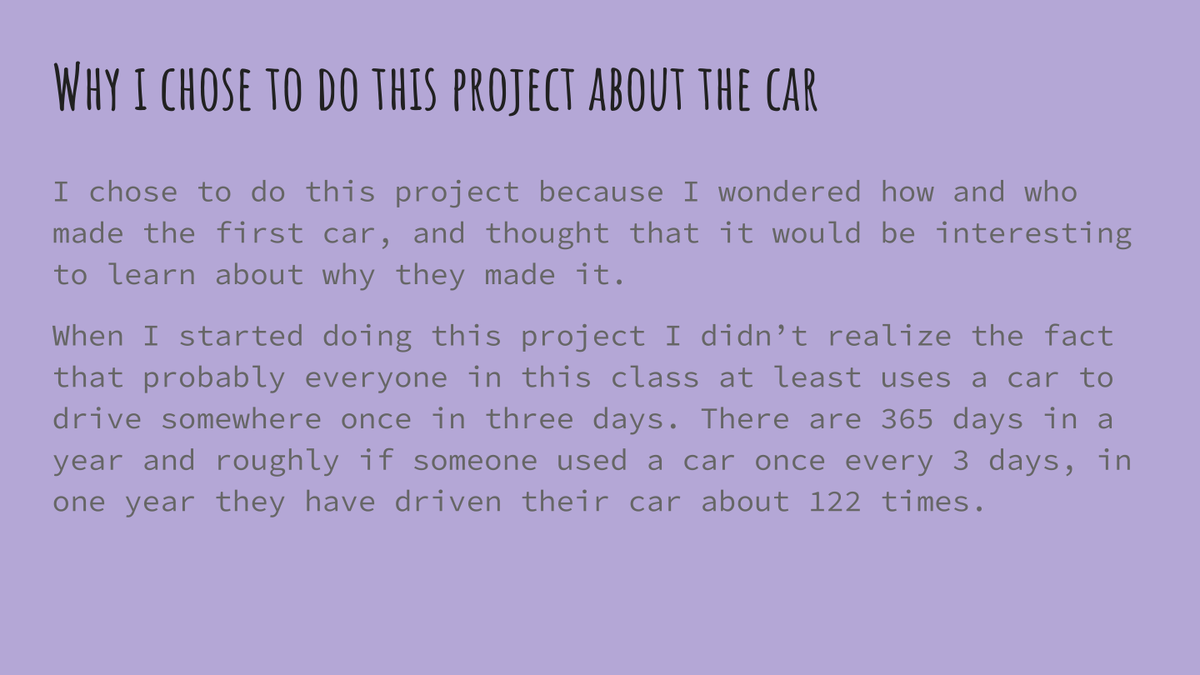
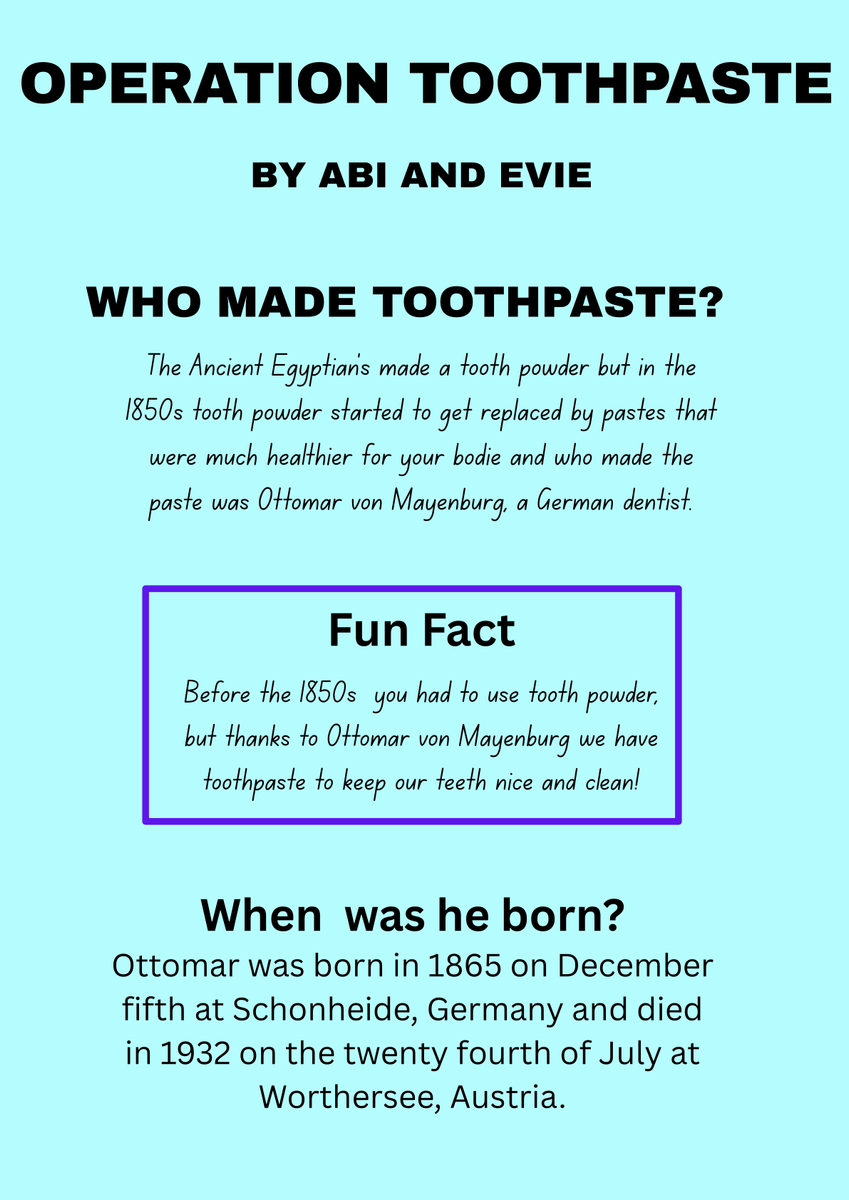

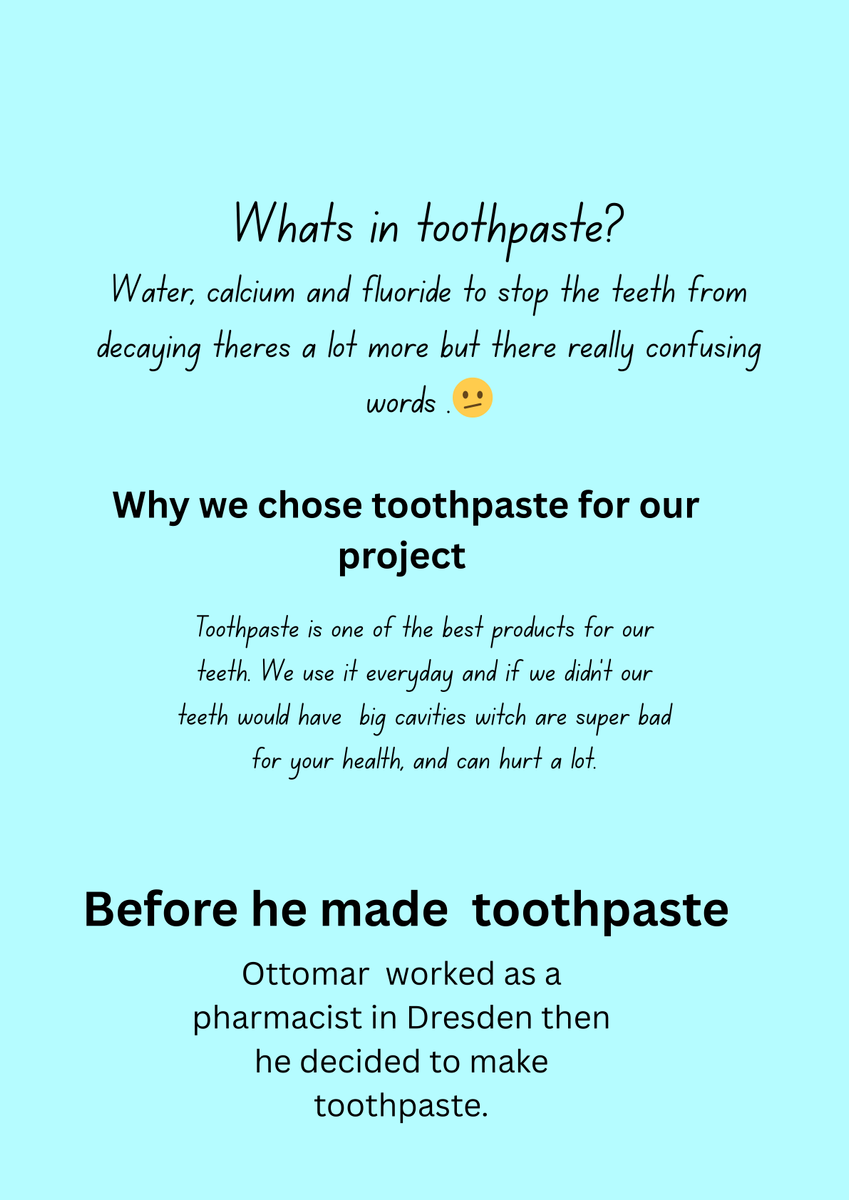




















































This term, our focus is on ‘die Schule’ (school) and the school day. Students will be learning the names for the different school subjects and how to talk about their school day/timetable in German. This provides further opportunity to consolidate previously learned vocabulary and language skills including the German days of the week. Students will also explore the differences between going to school in Germany and Australia. A range of multimedia texts, classroom dialogue, games and activities will be used to support their learning.
Year 5 and 6
During Term 2, students explored language to navigate a German shopping environment. Students learnt the names for different shops and phrases to help buy items when shopping, as well as revisiting our numbers to be able to understand prices. There was a strong focus on functional language, using classroom role-play, multimedia texts and games to build on existing knowledge and increase students’ vocabulary and language skills. The Year 5 and 6s demonstrated courage in speaking up in class and presenting their shopping scenario role-plays at the end of term. Bravo!
This term, our senior school students are exploring German culture through German fairytales. Students are working individually or in small groups to research and then use their STEAM skills to retell one of the Brothers Grimm fairy tales. German language elements will be incorporated into each retell to extend students vocabulary and language skills, alongside their knowledge of German culture and its influence on modern day literary cultures.
If you have any questions or would like to contribute to the German language and culture program, please feel free to contact me.
Tschüss!
Lisa Hunt
Language Specialist